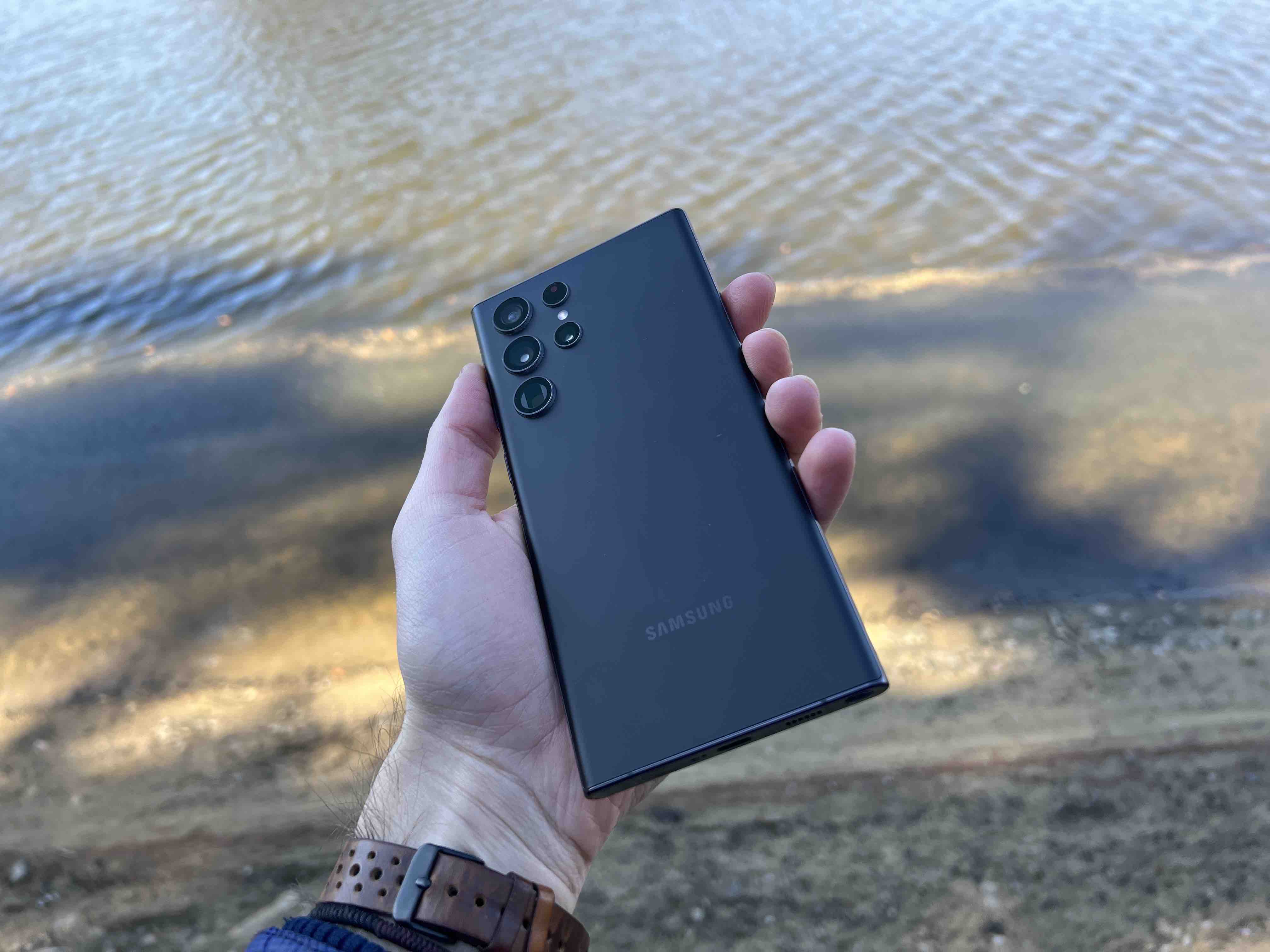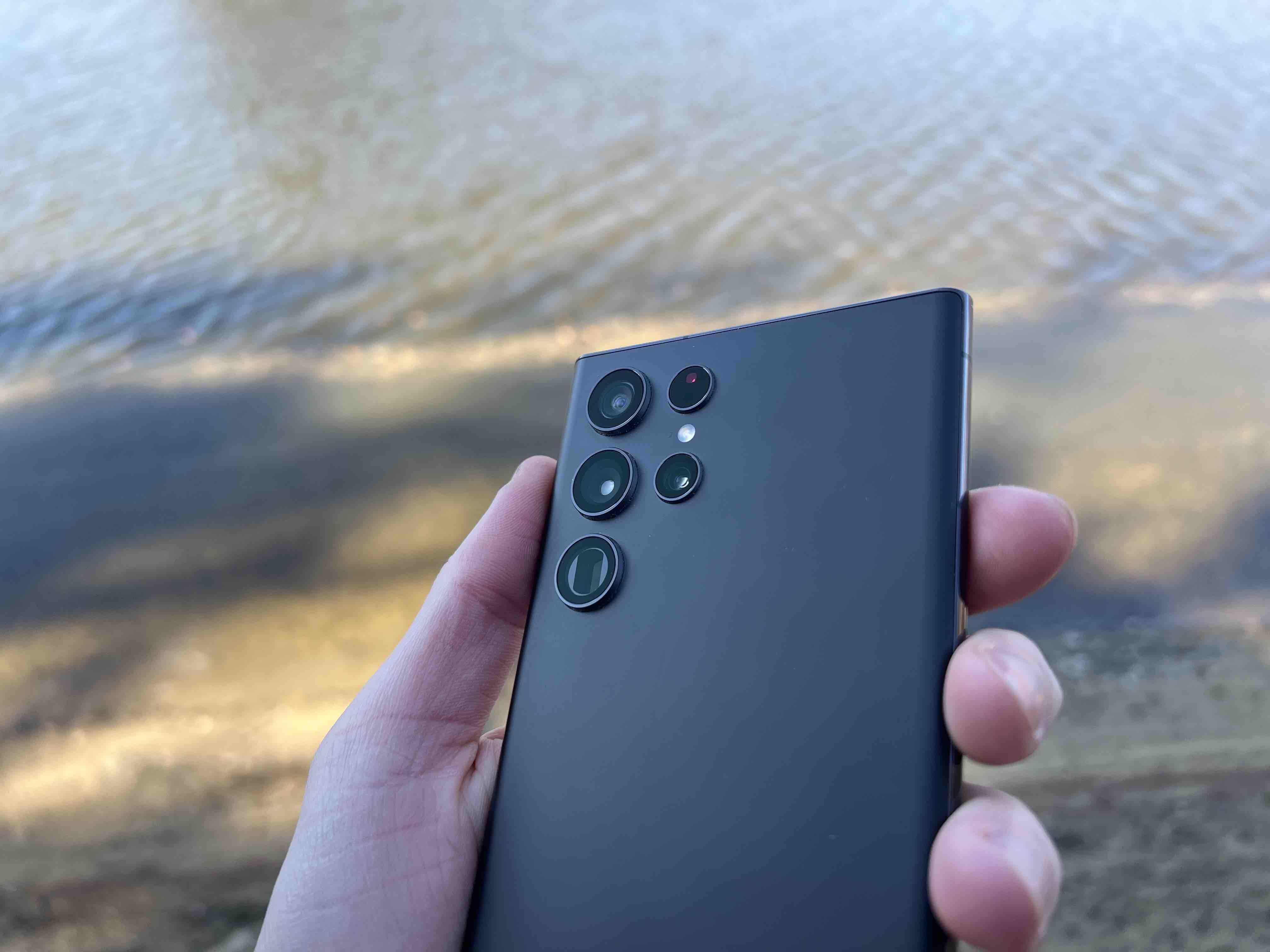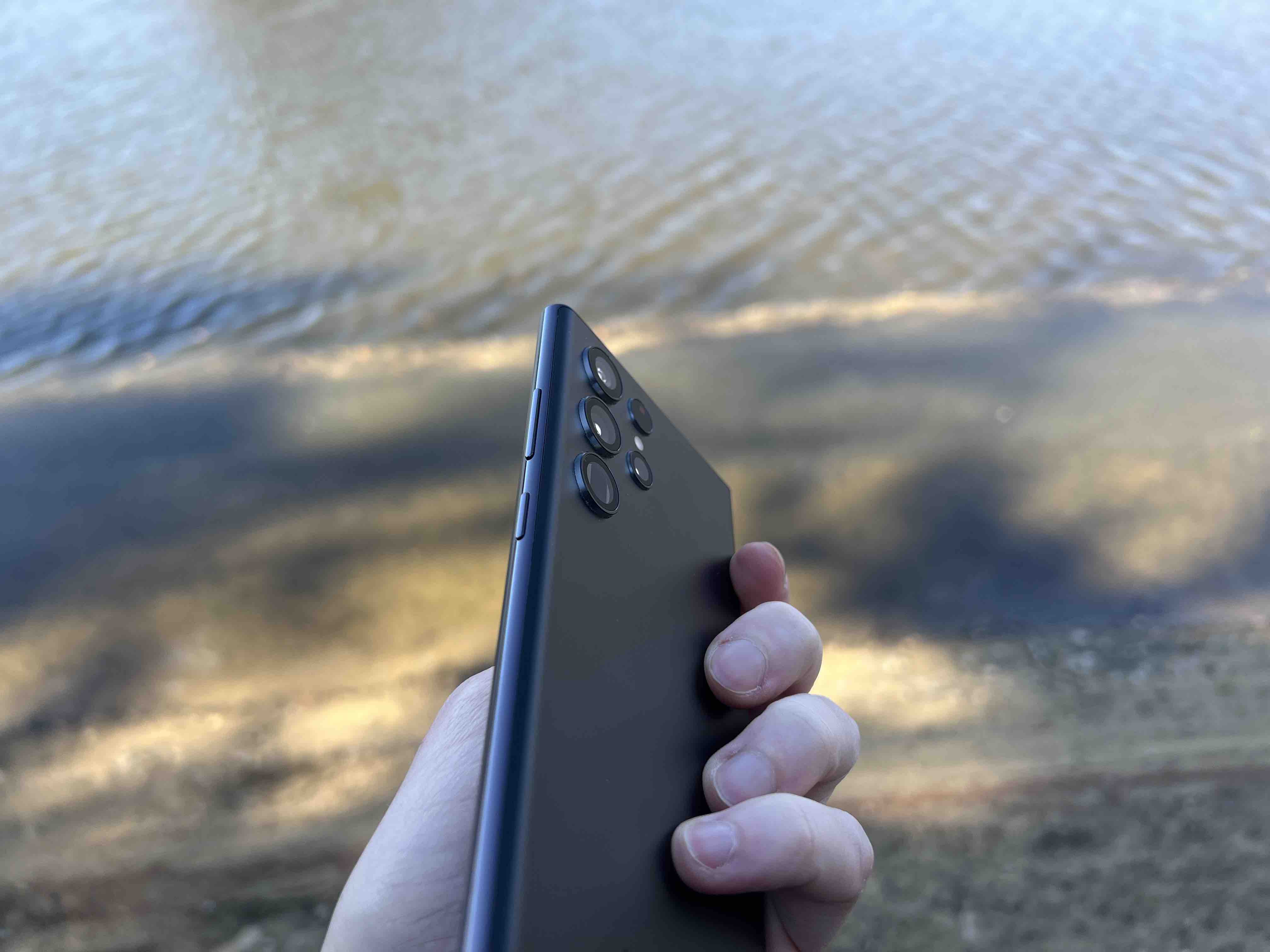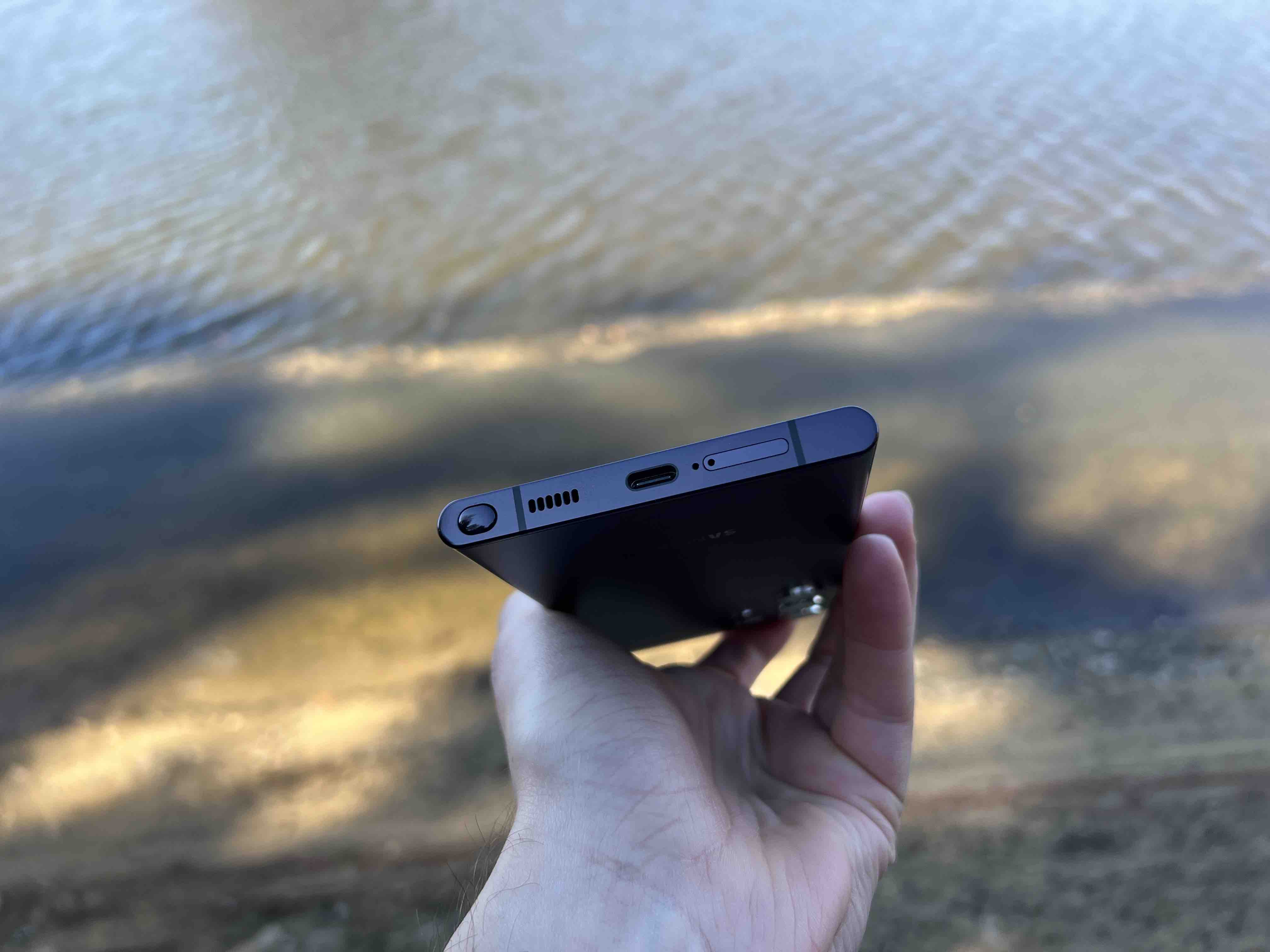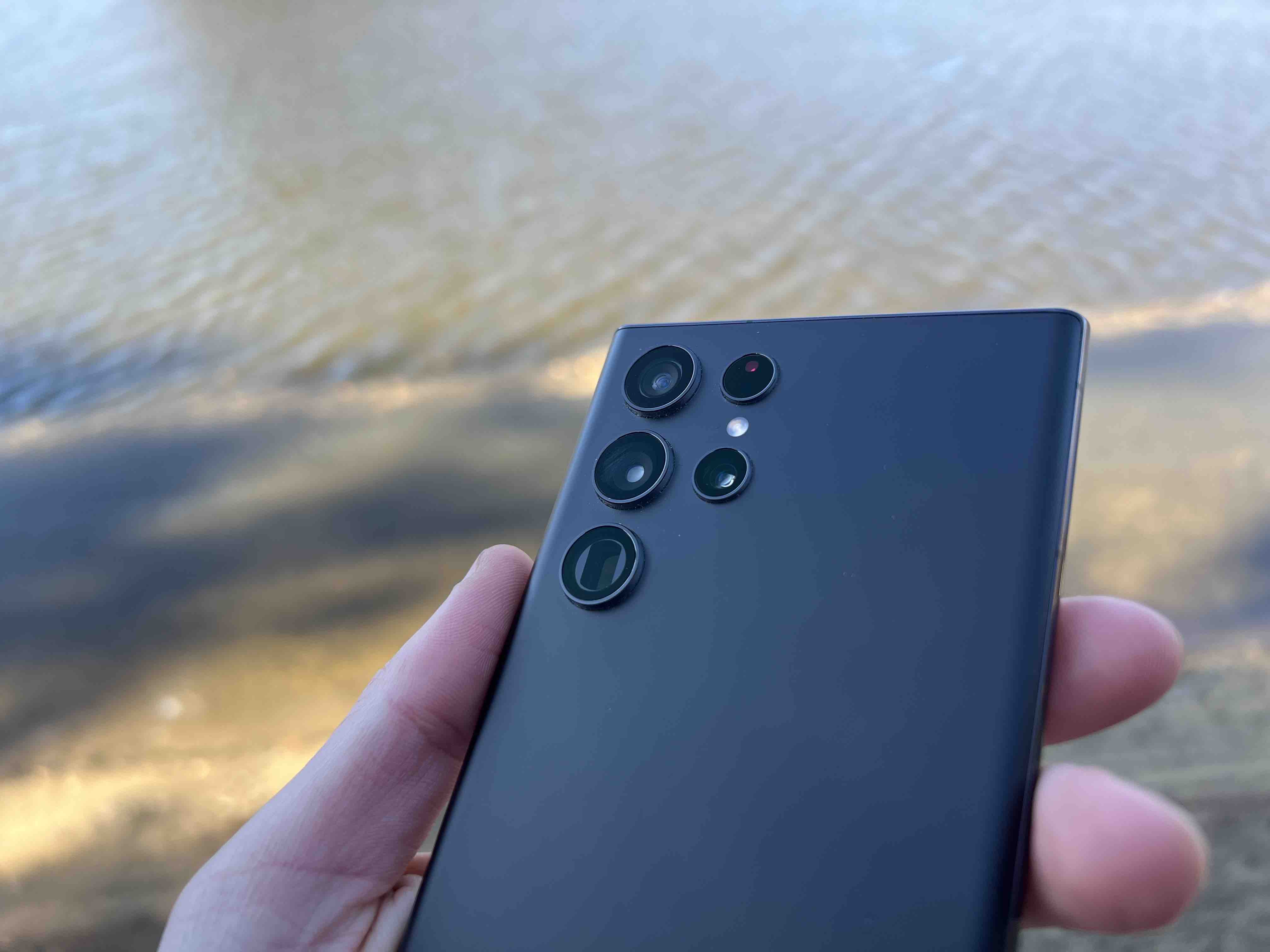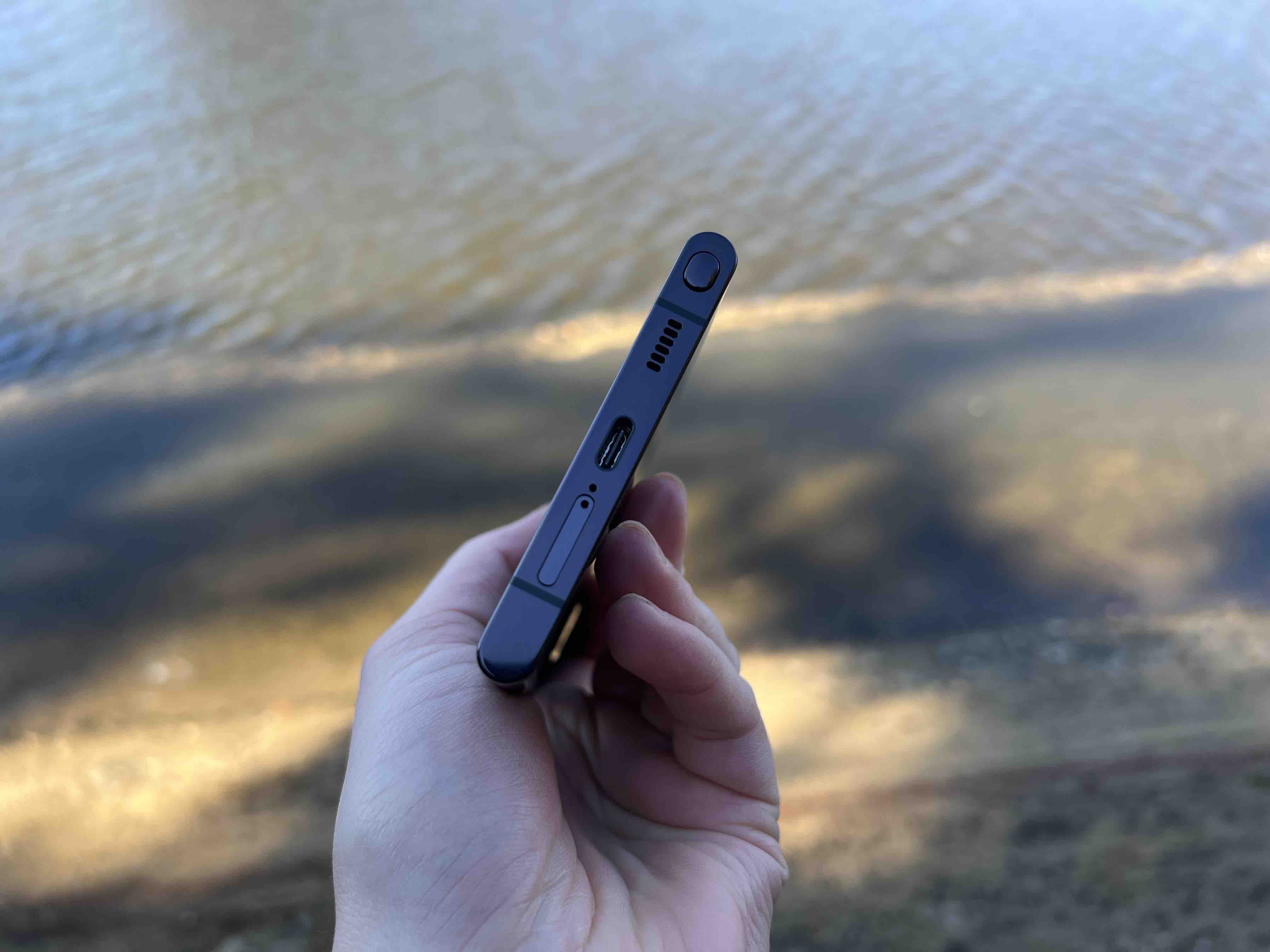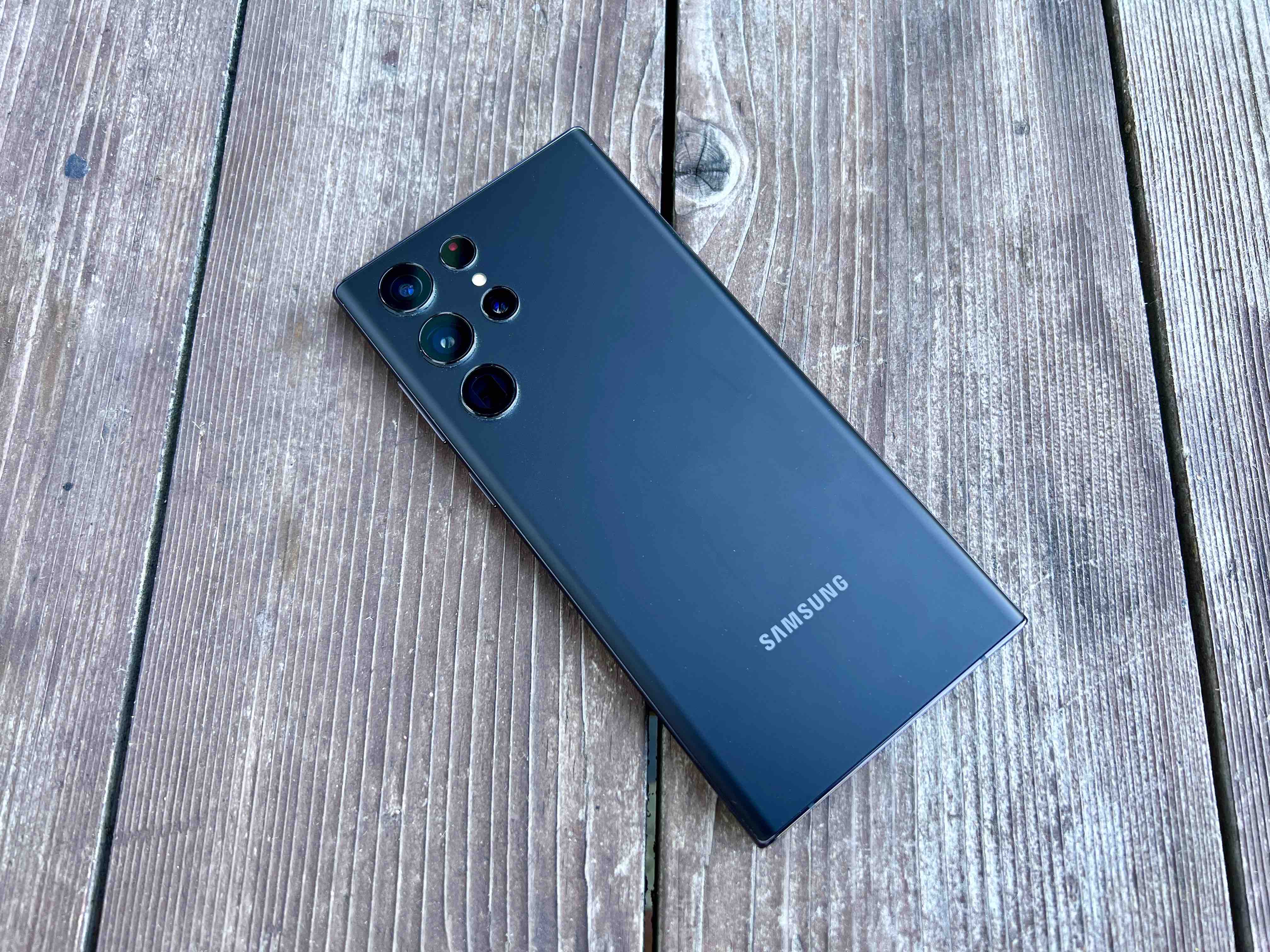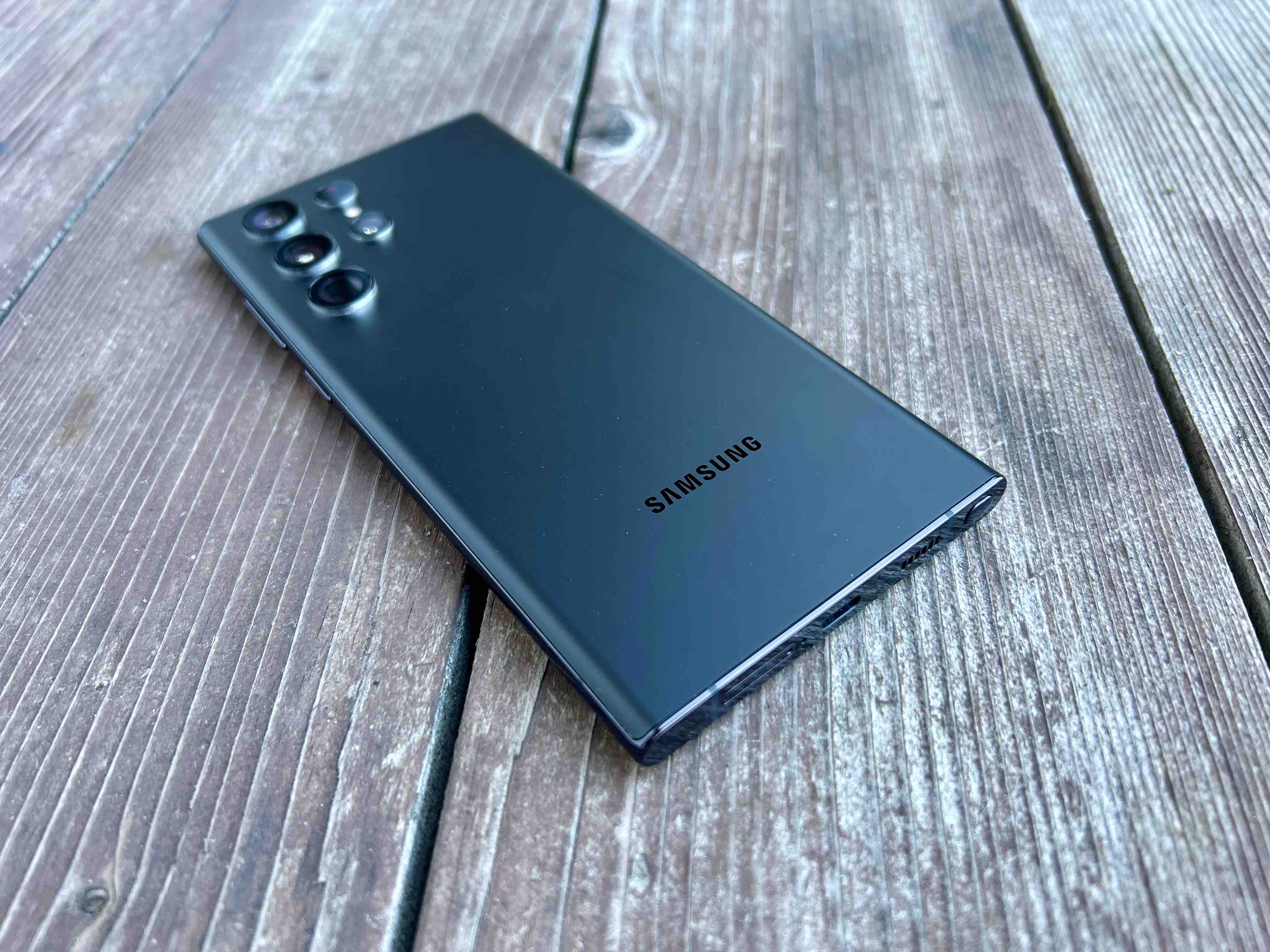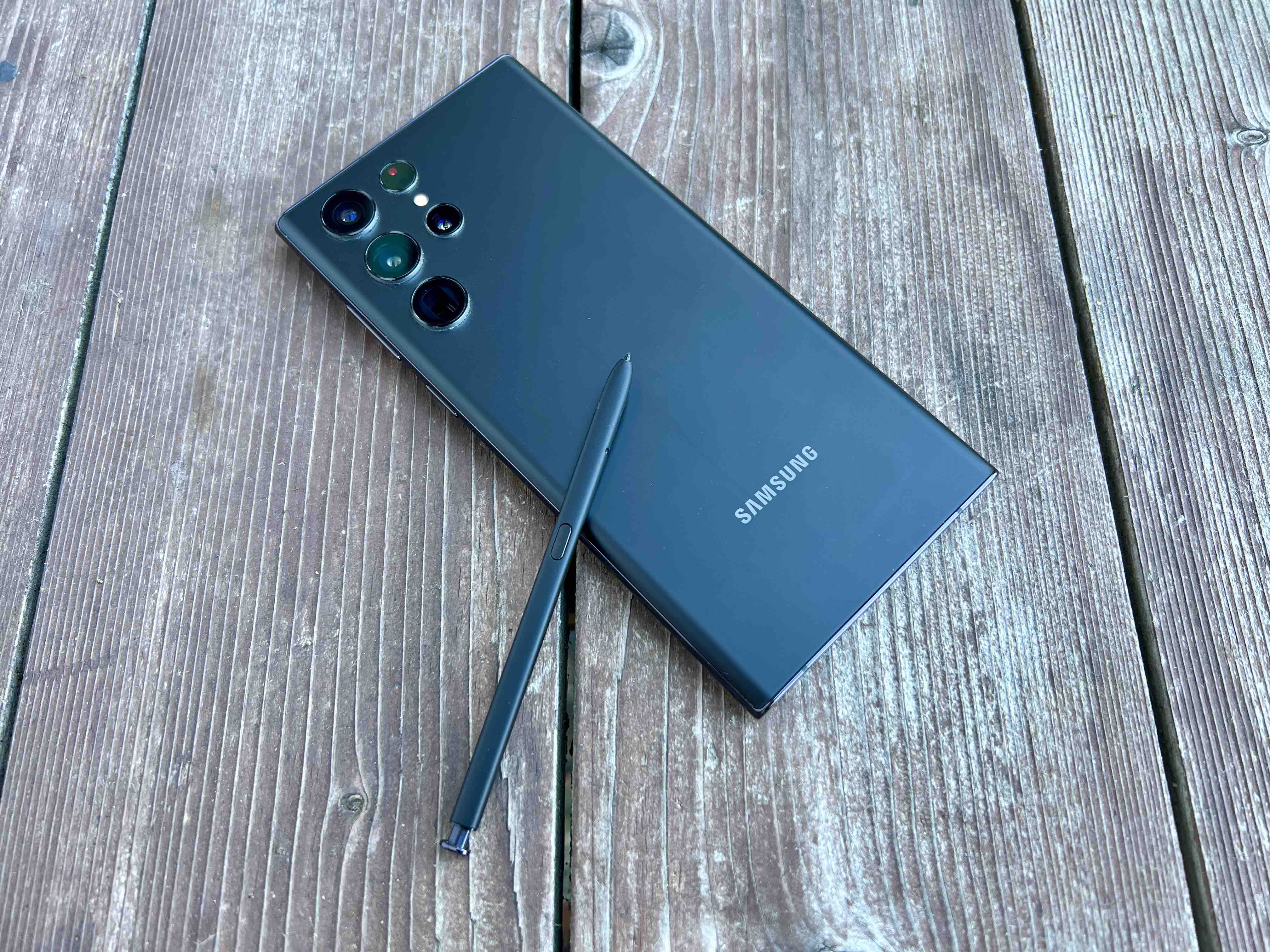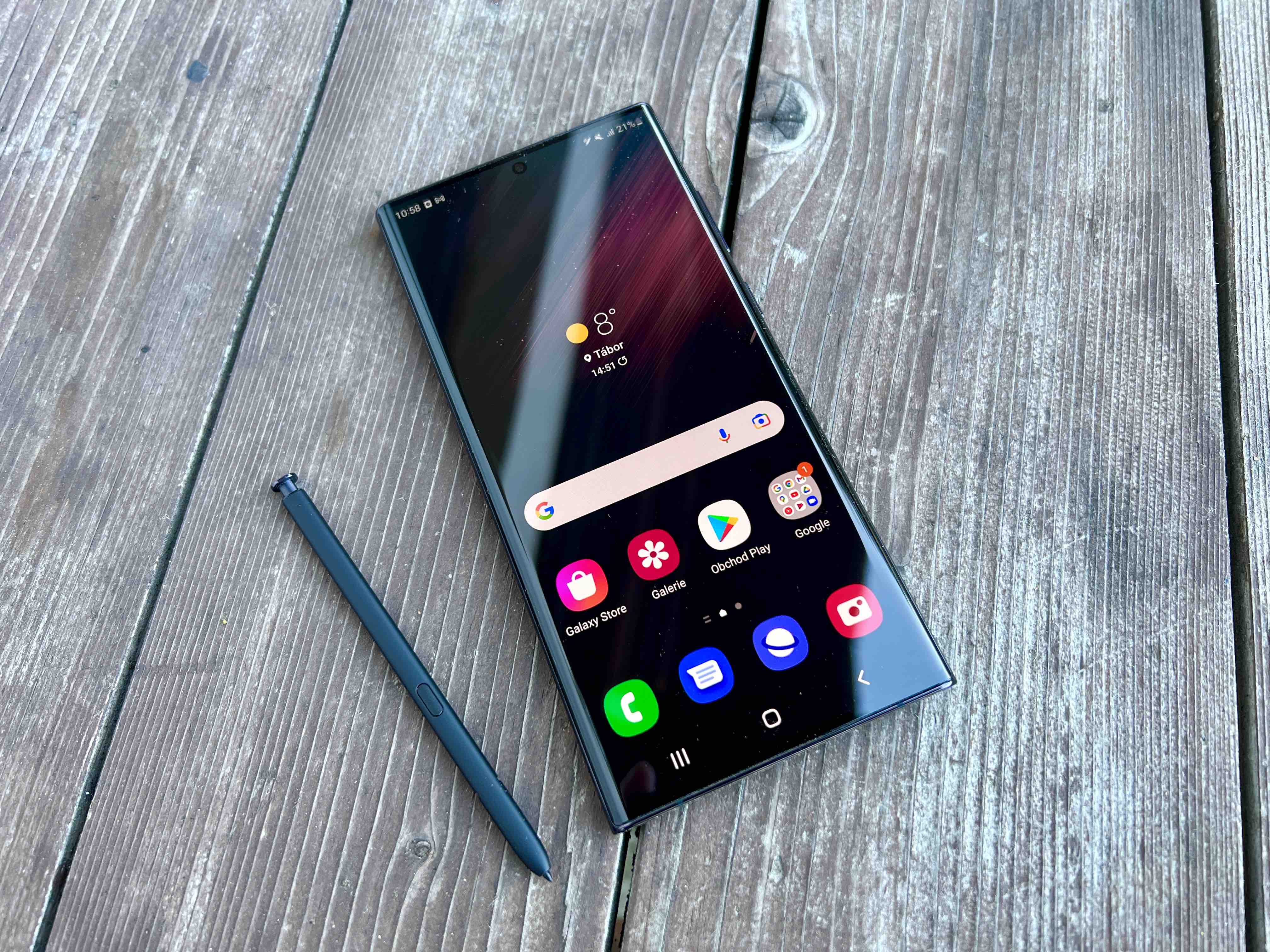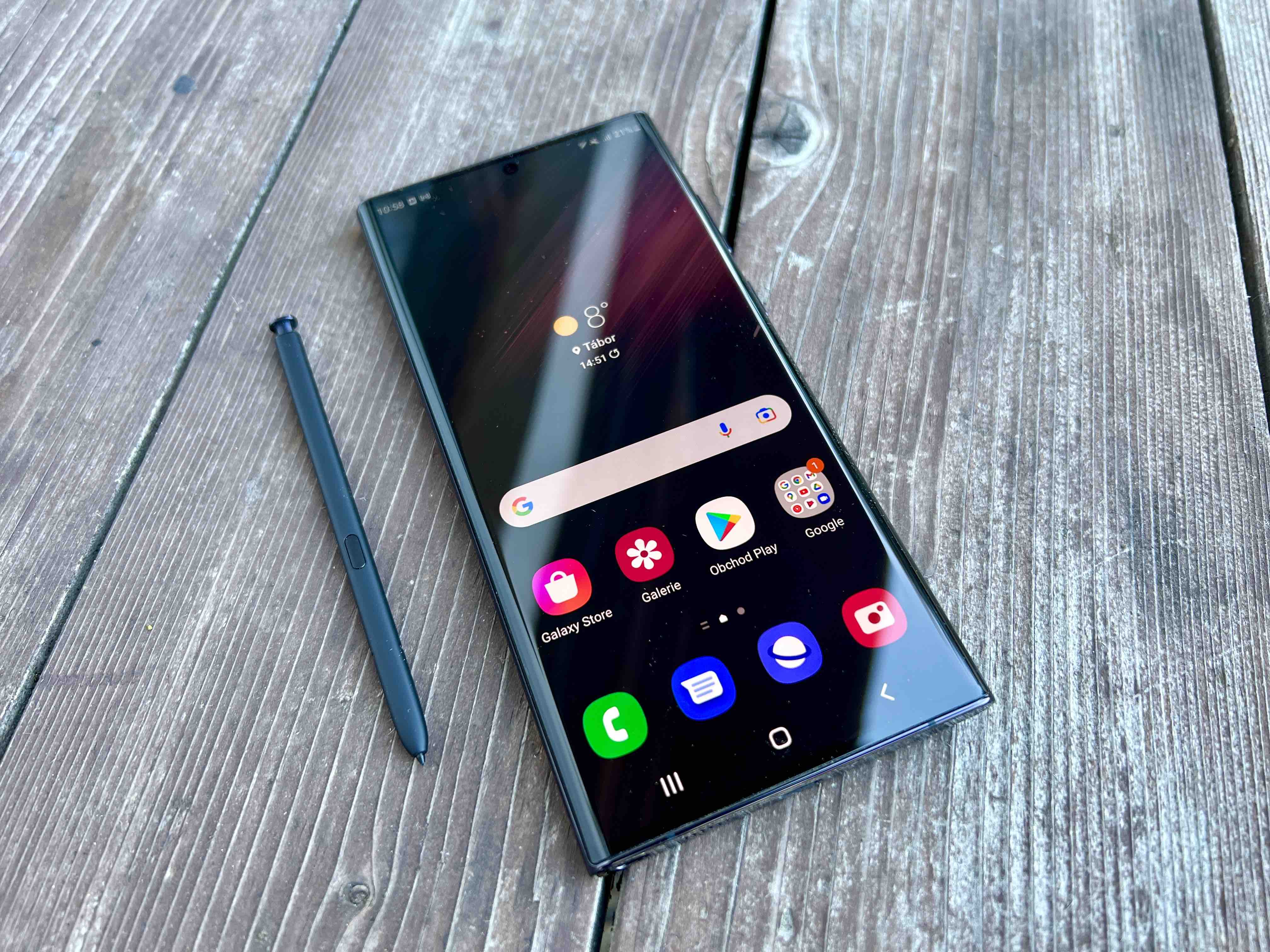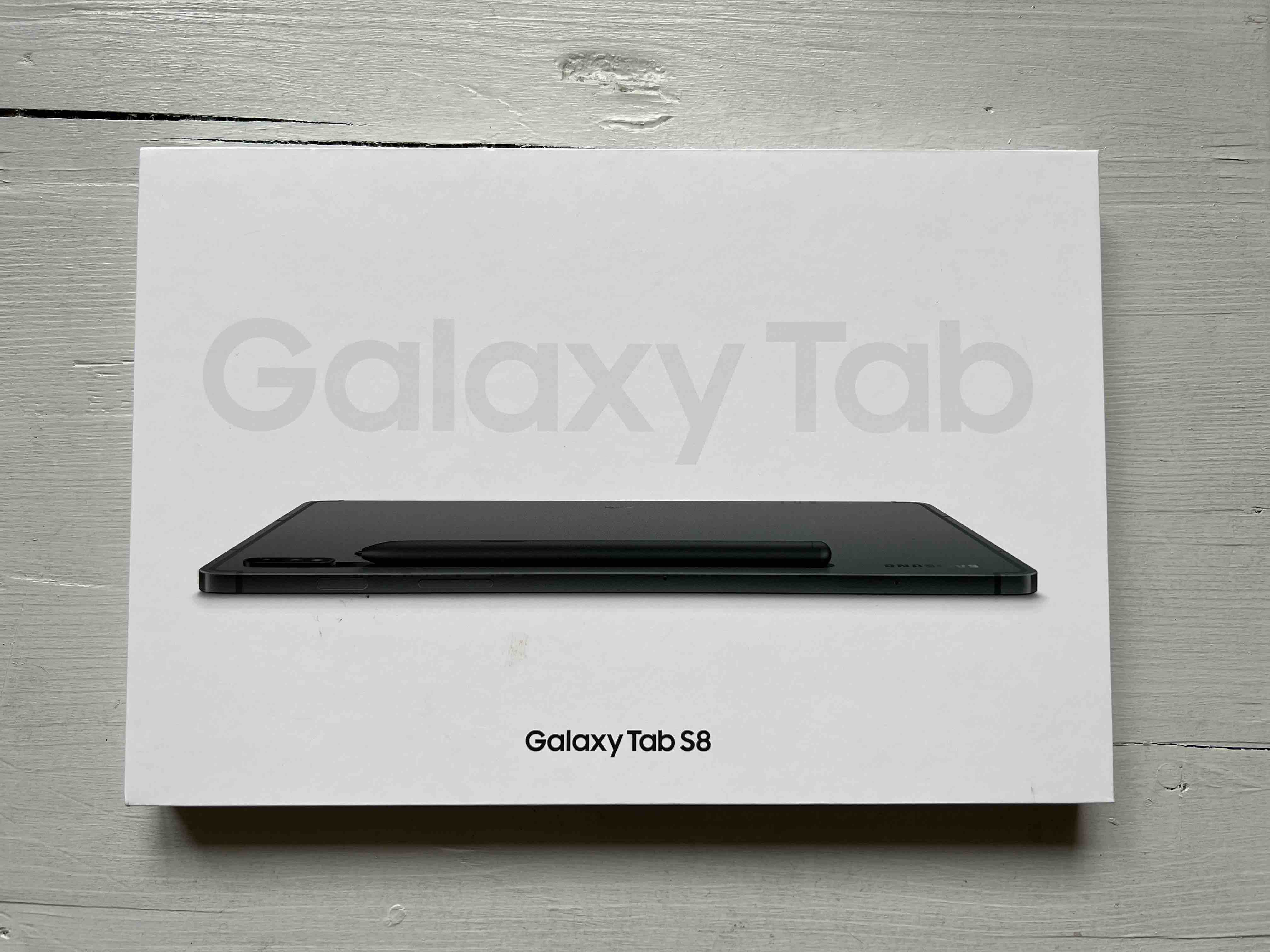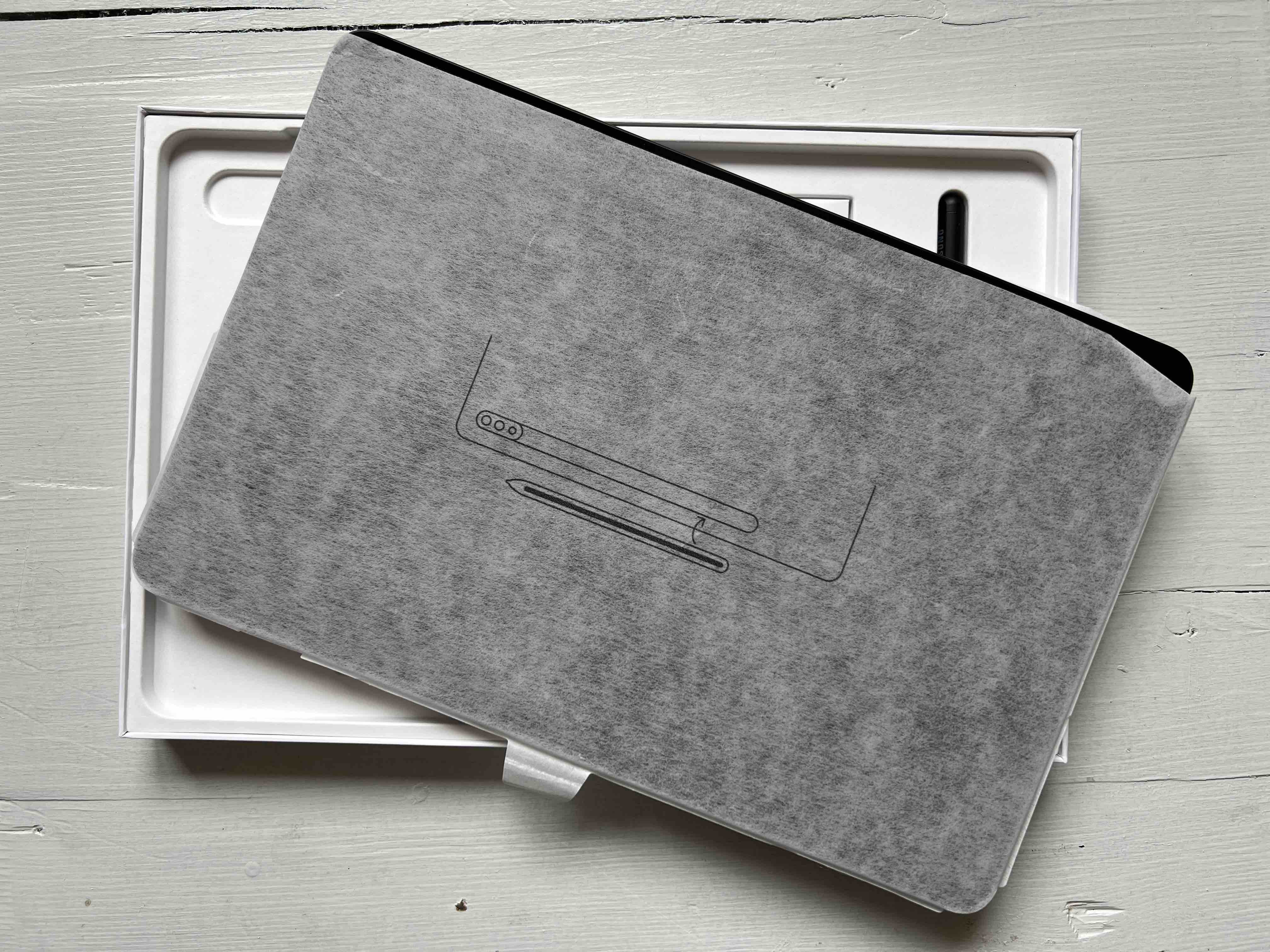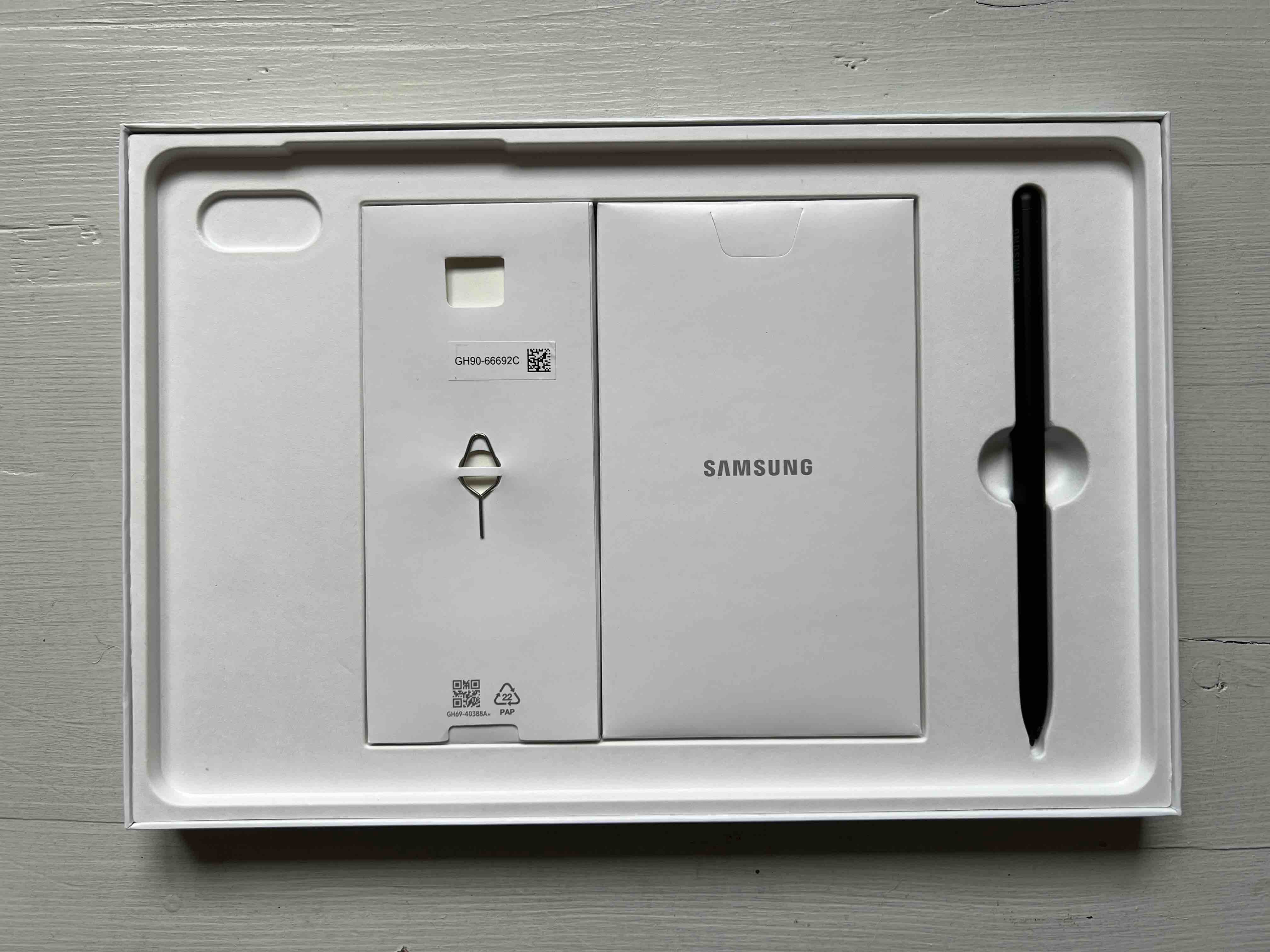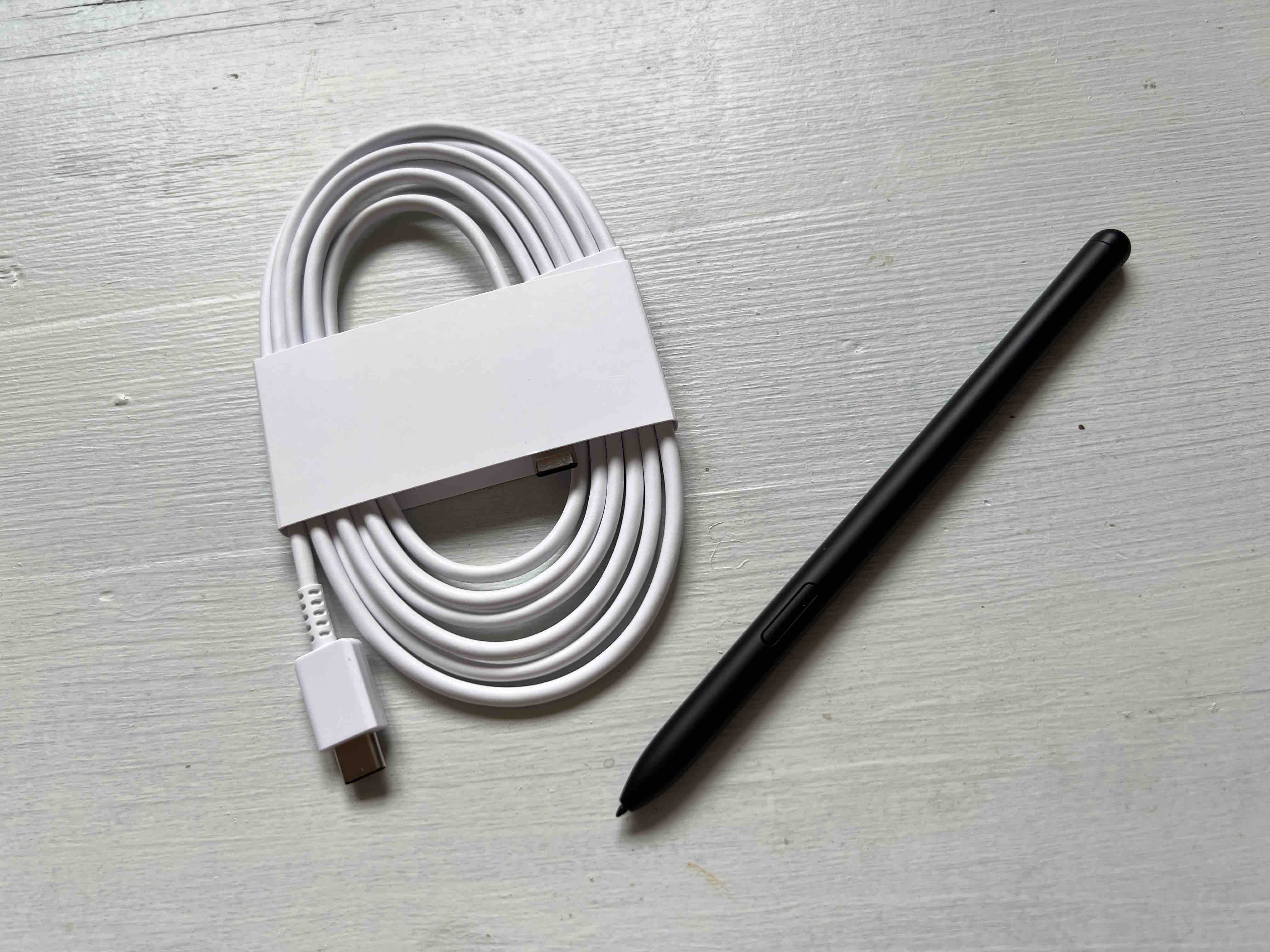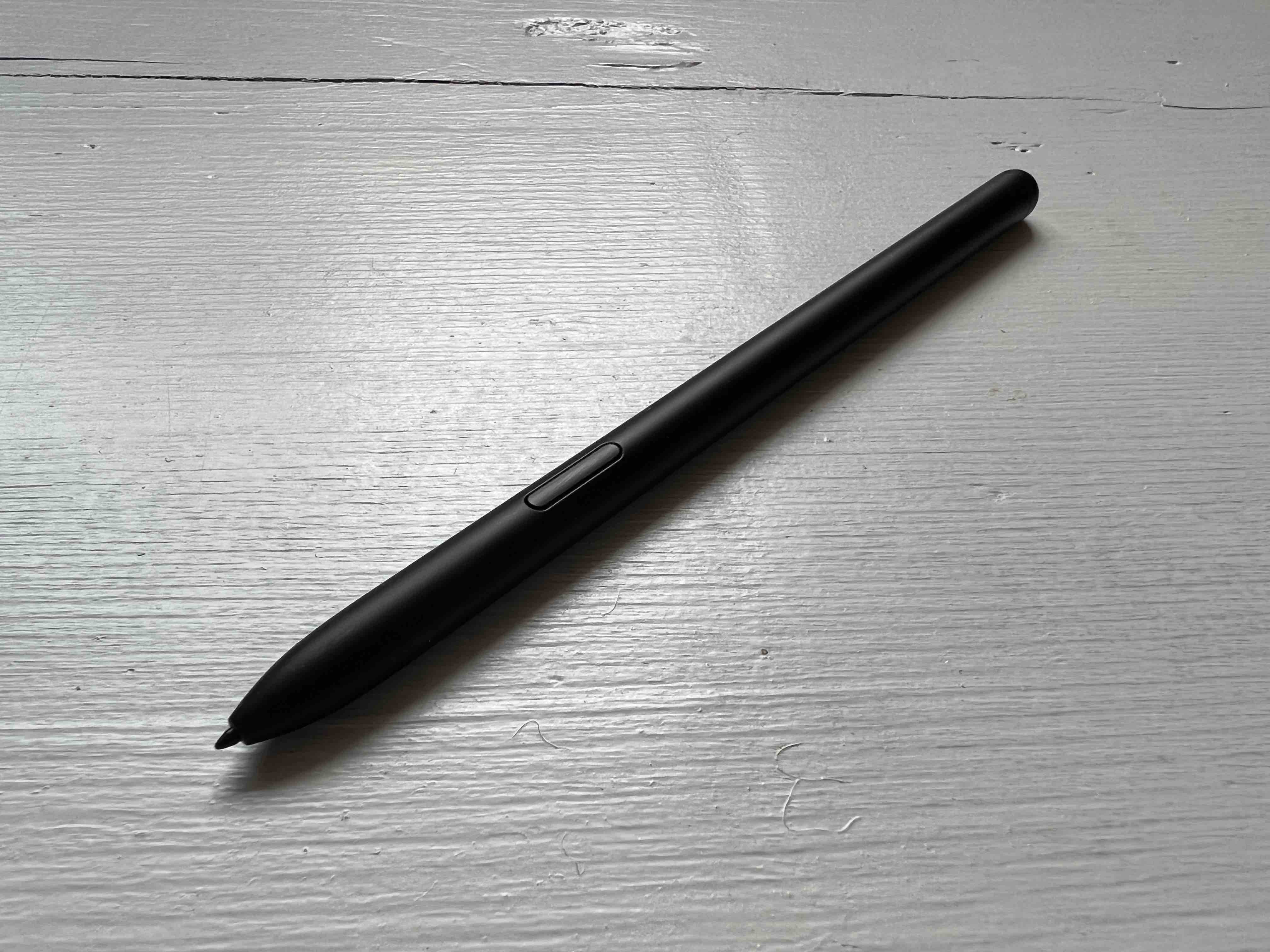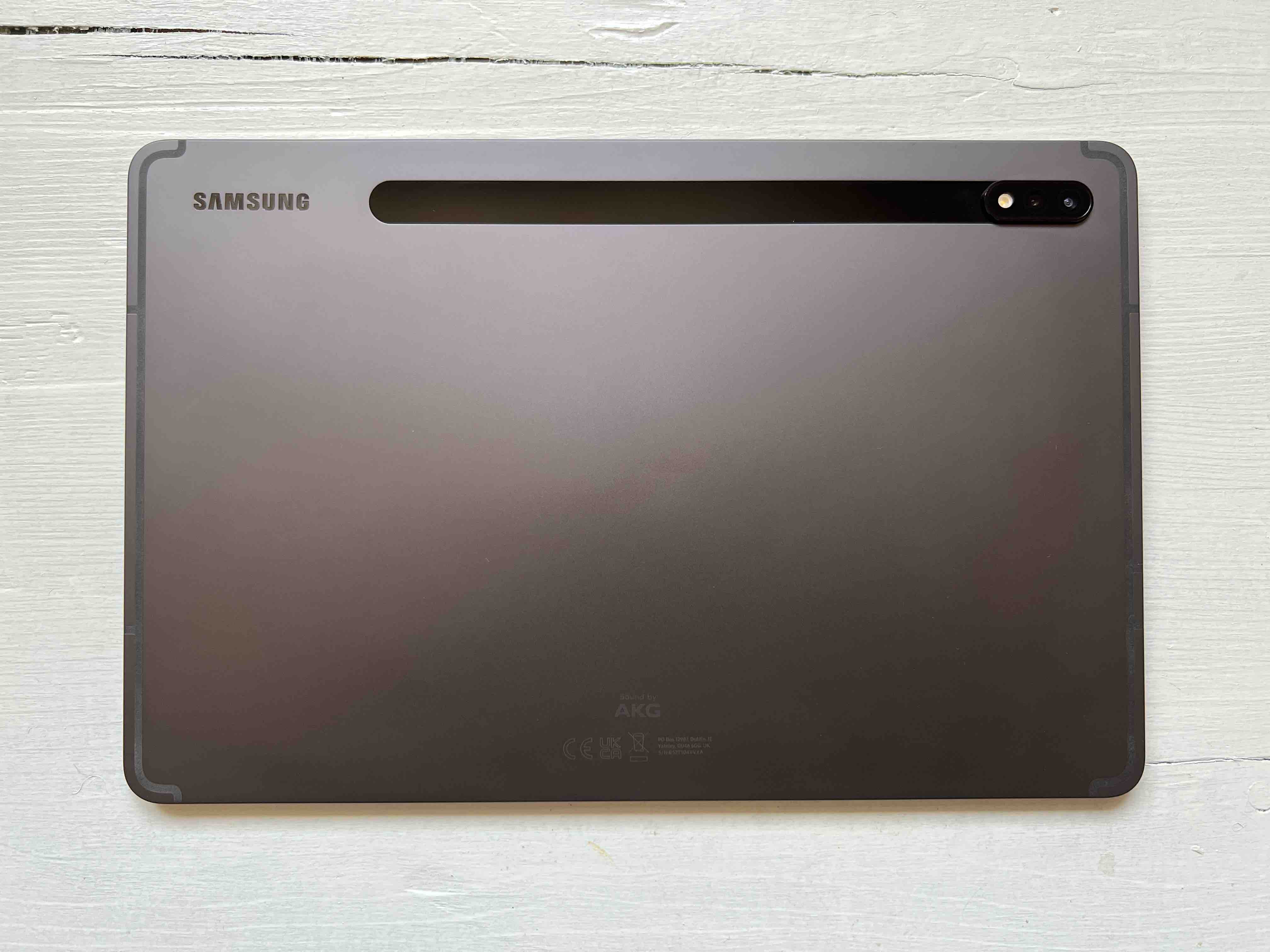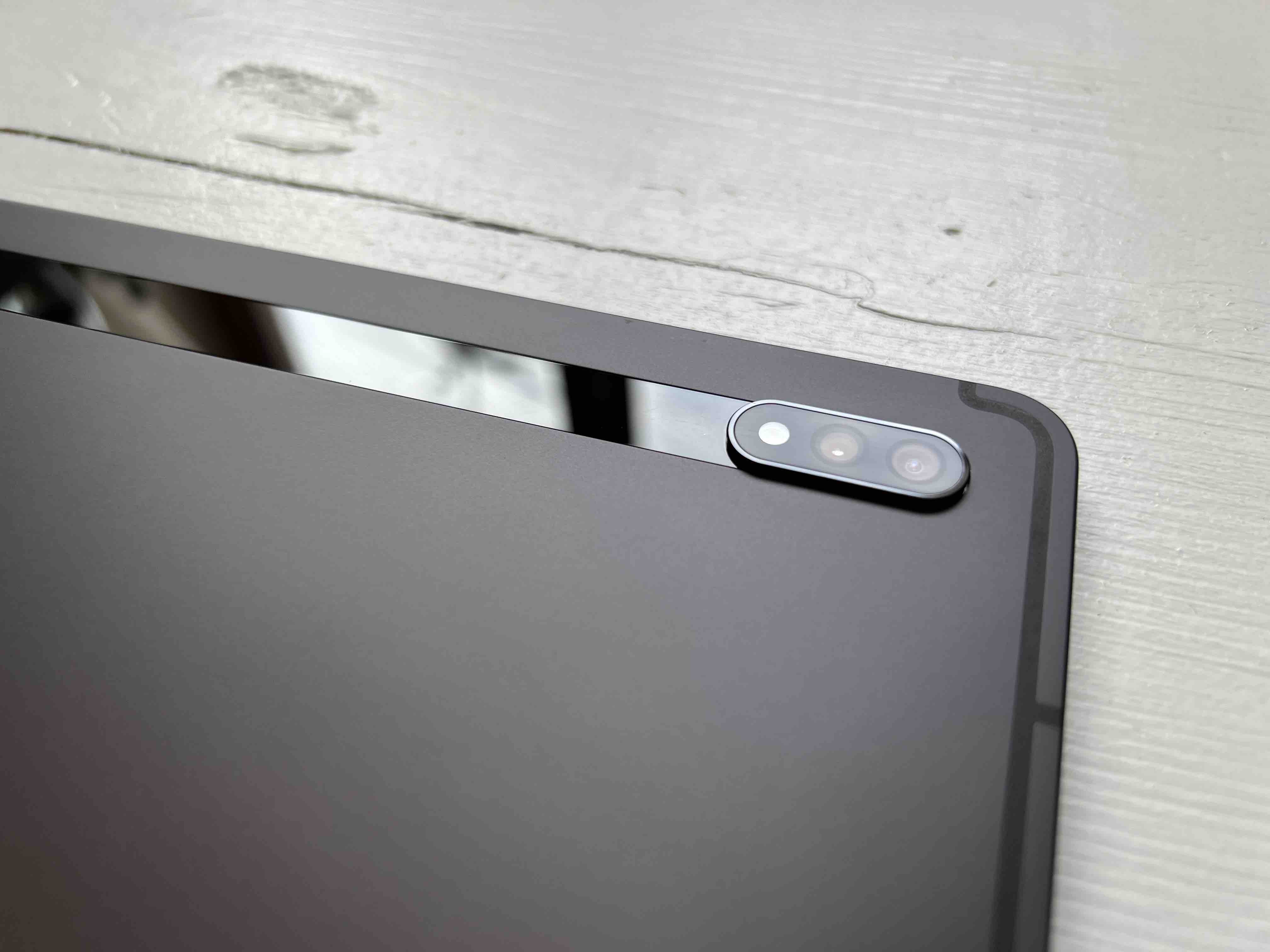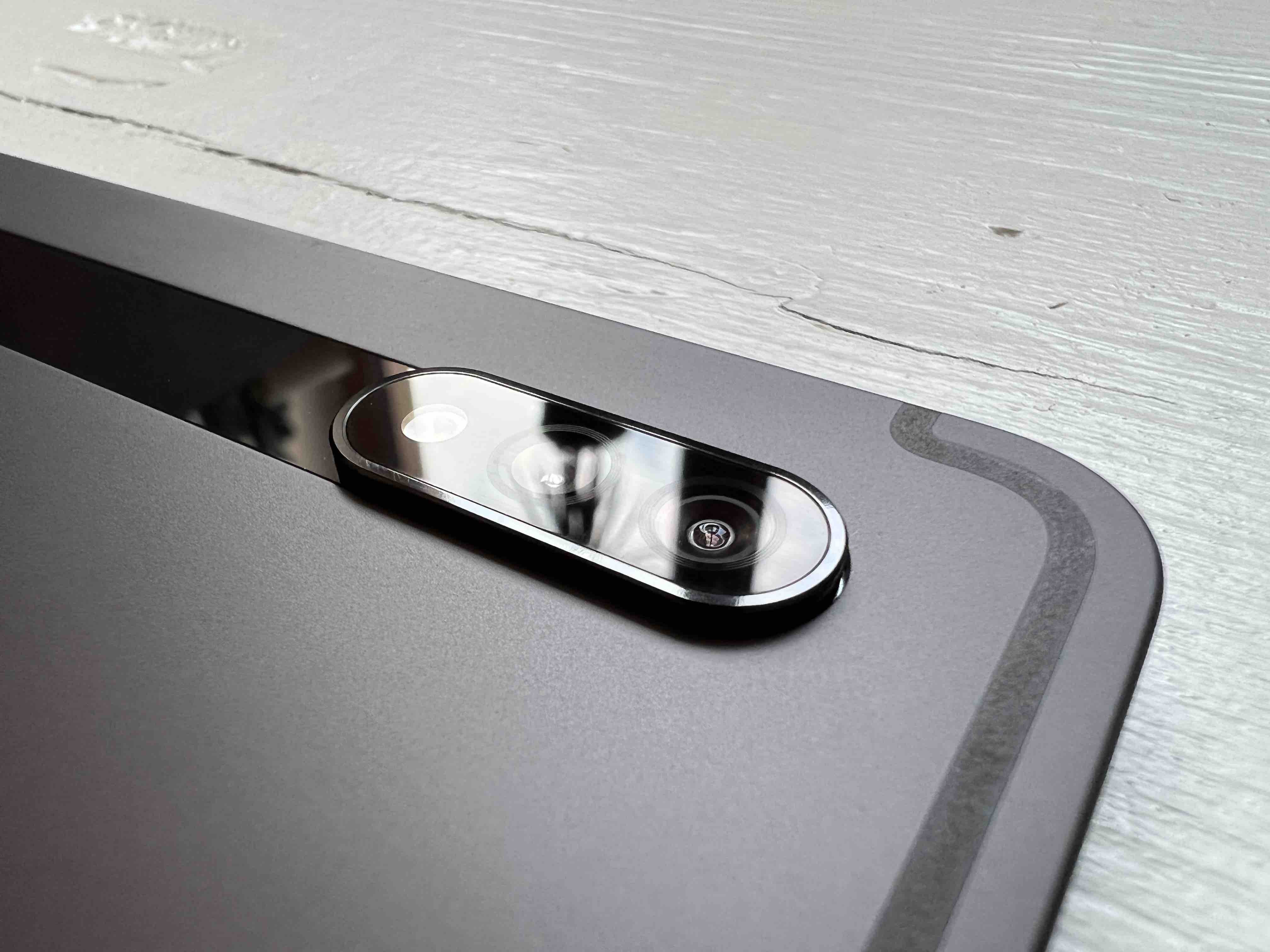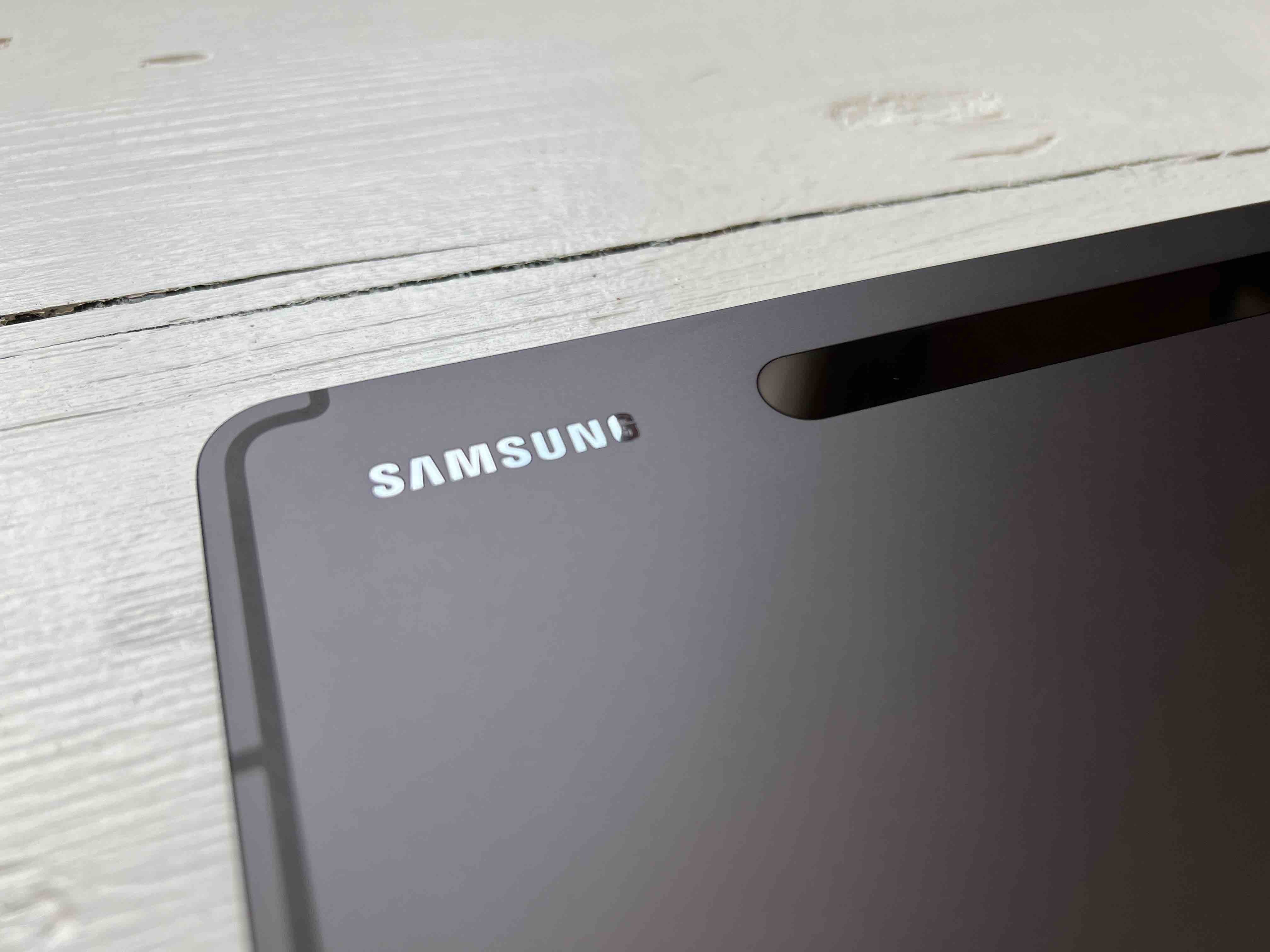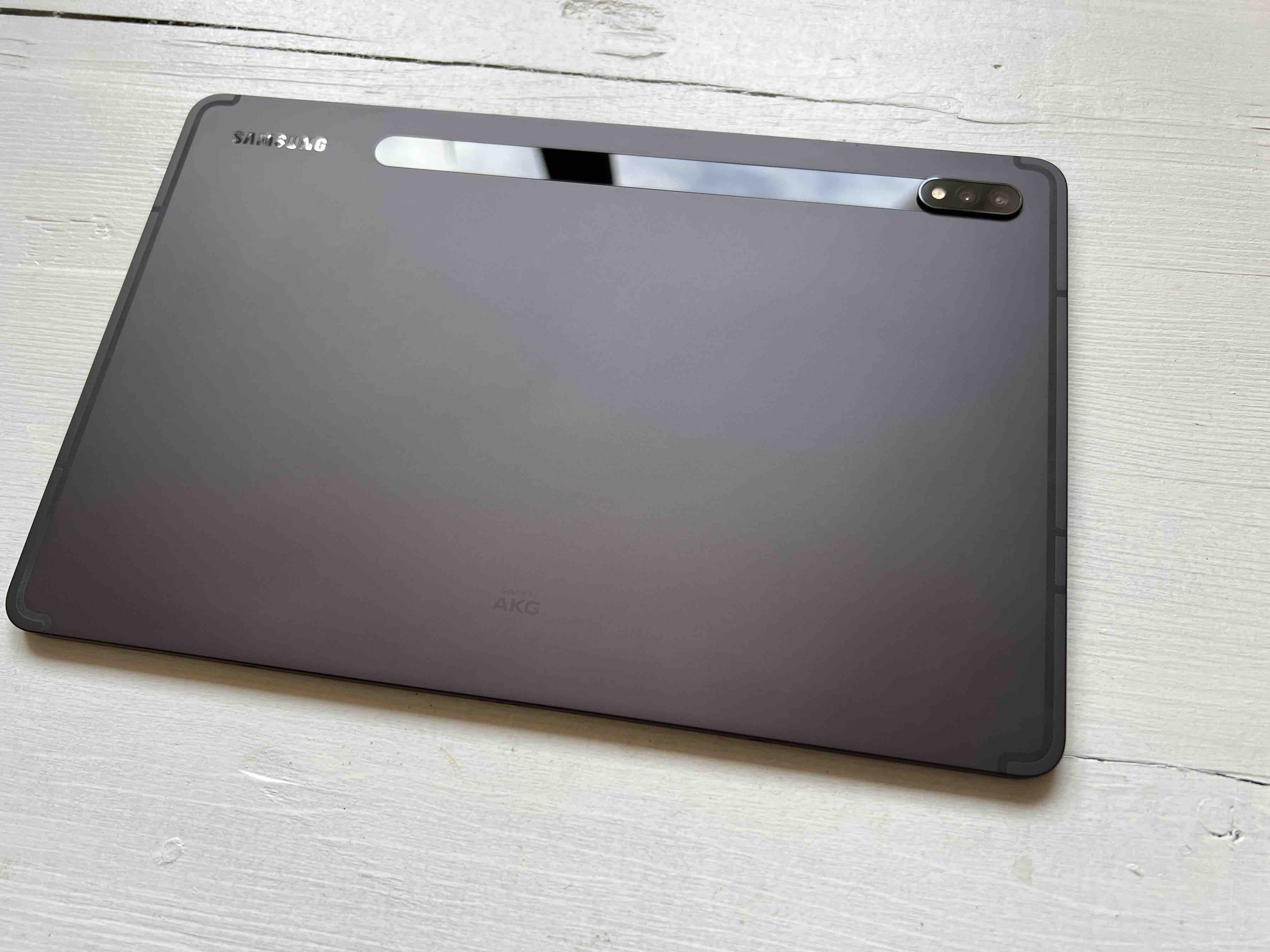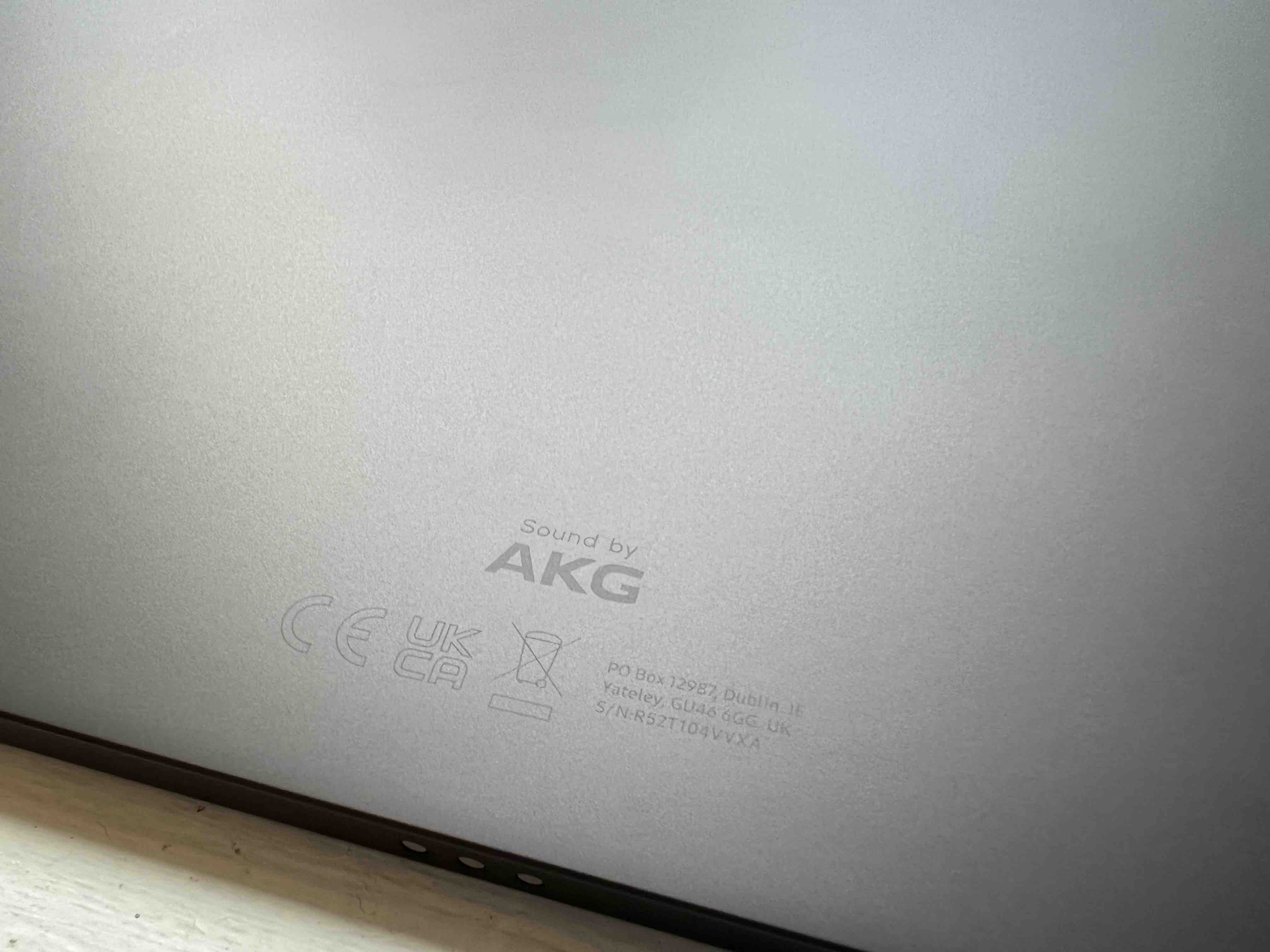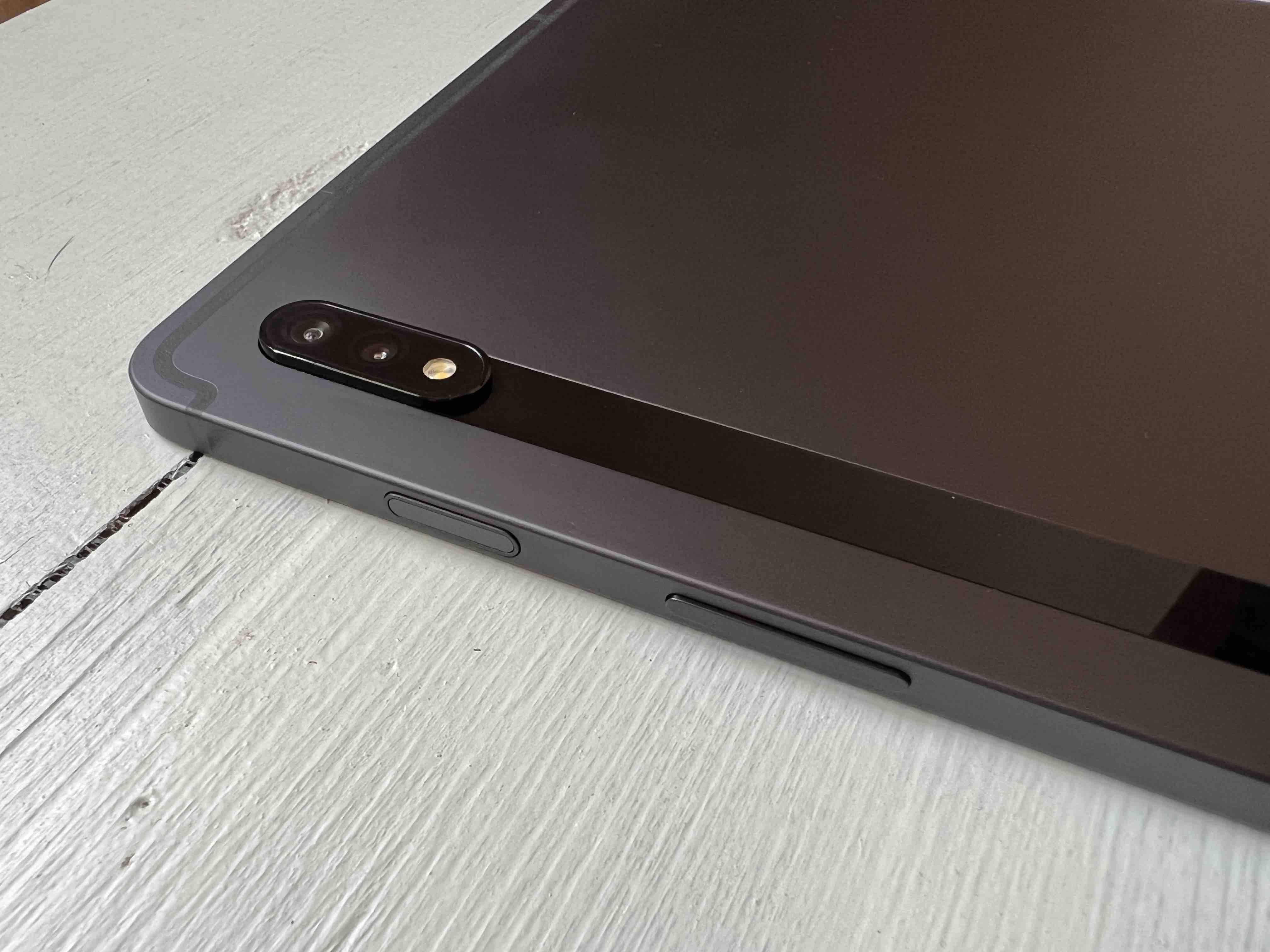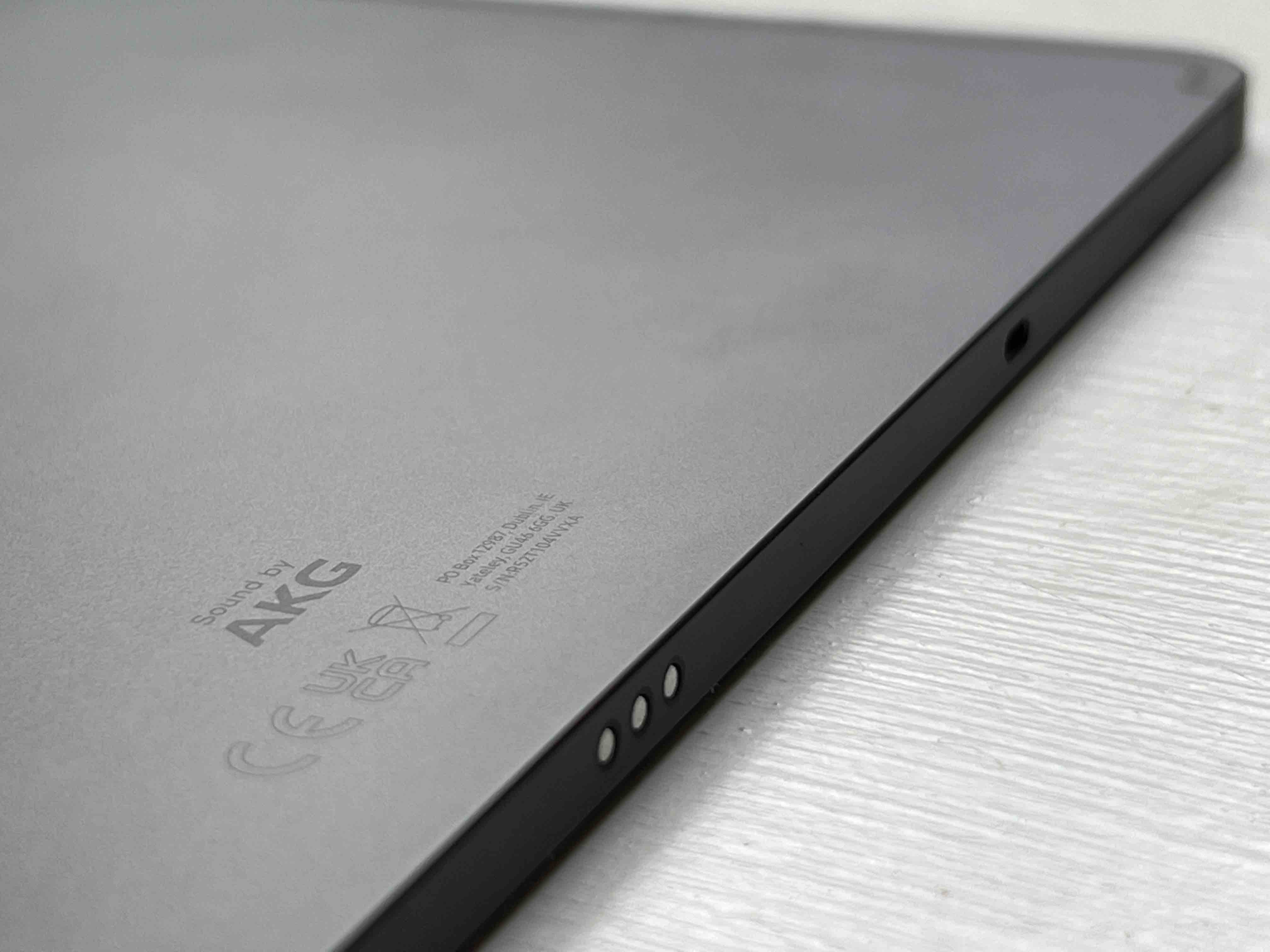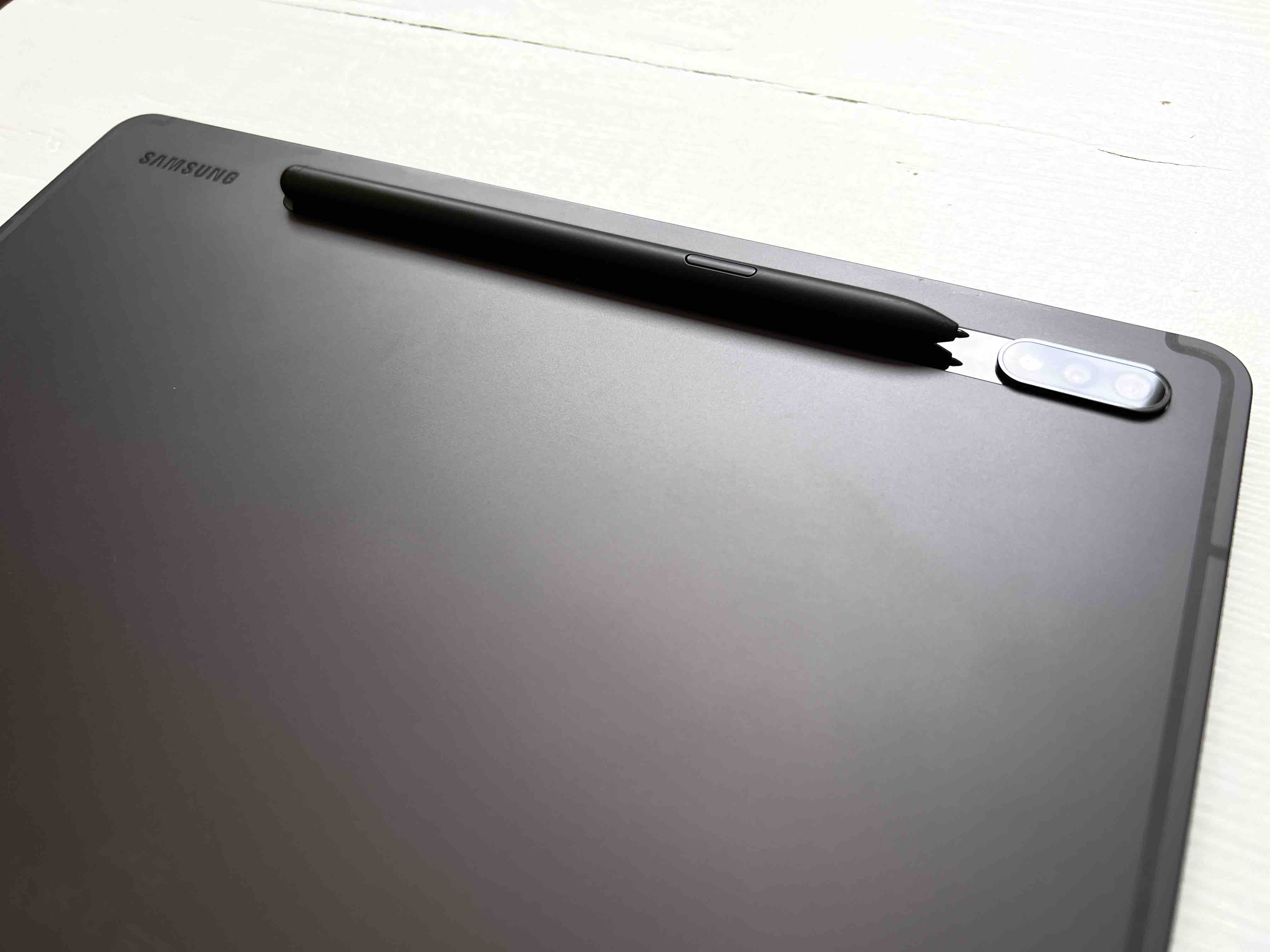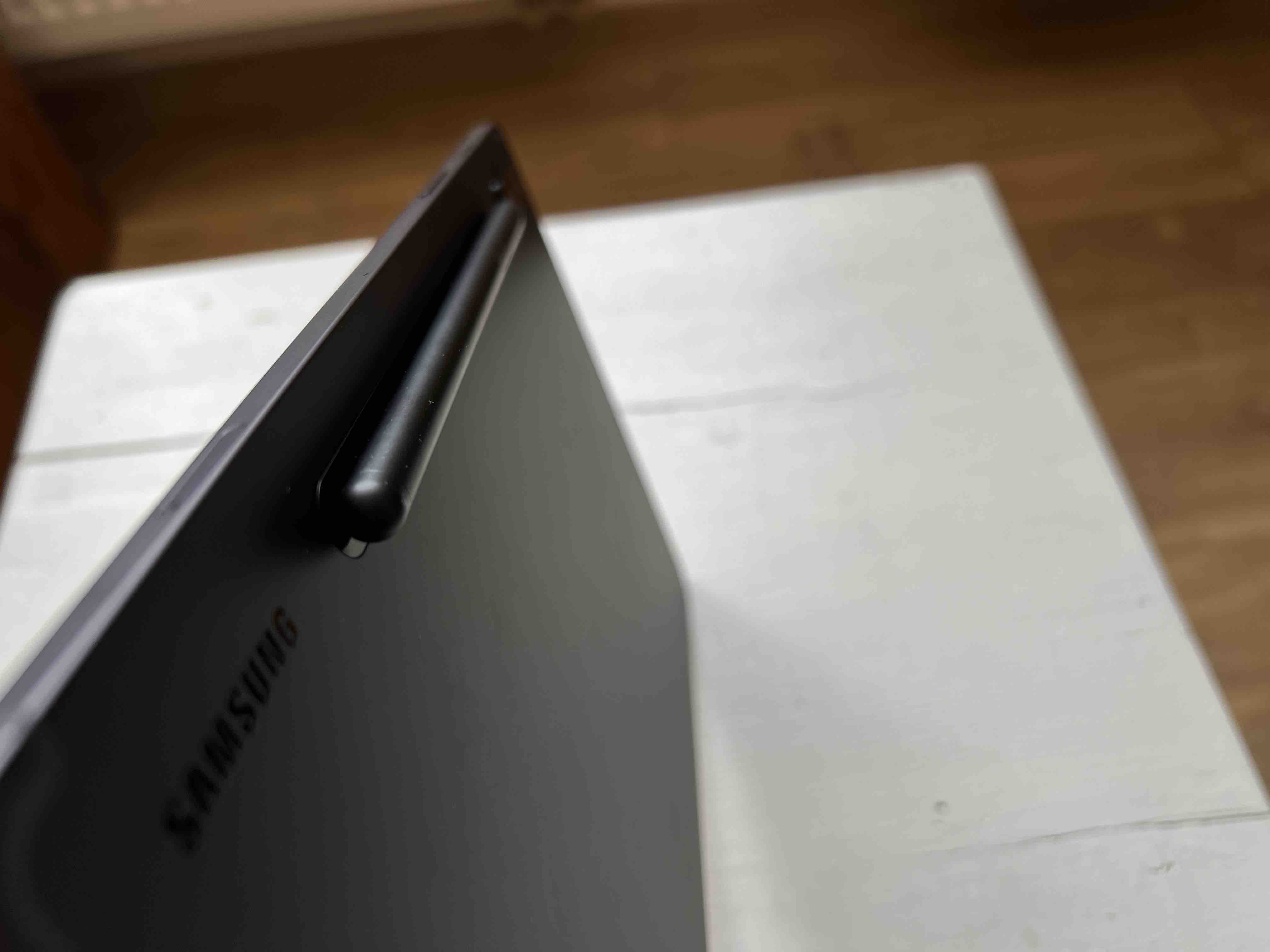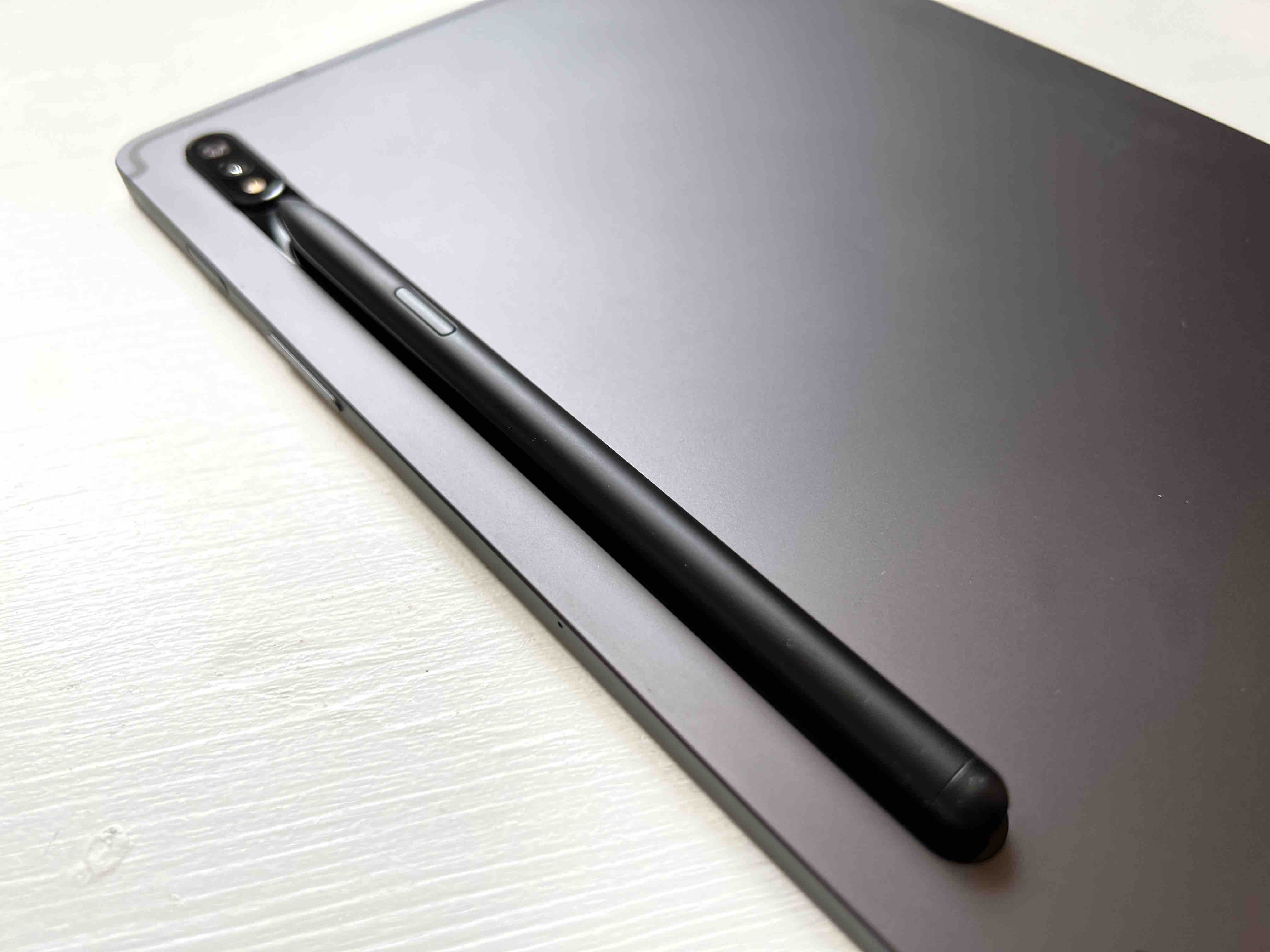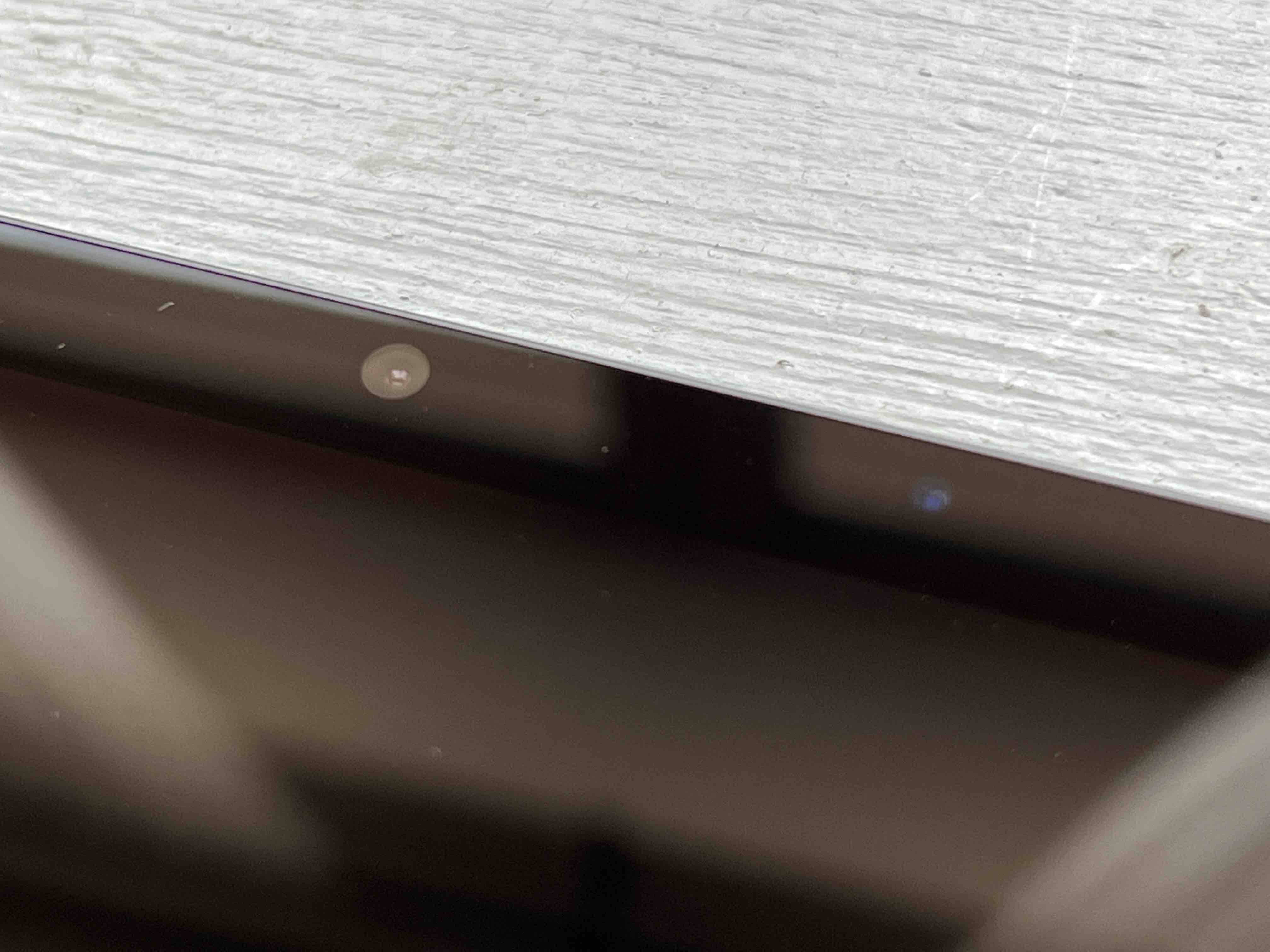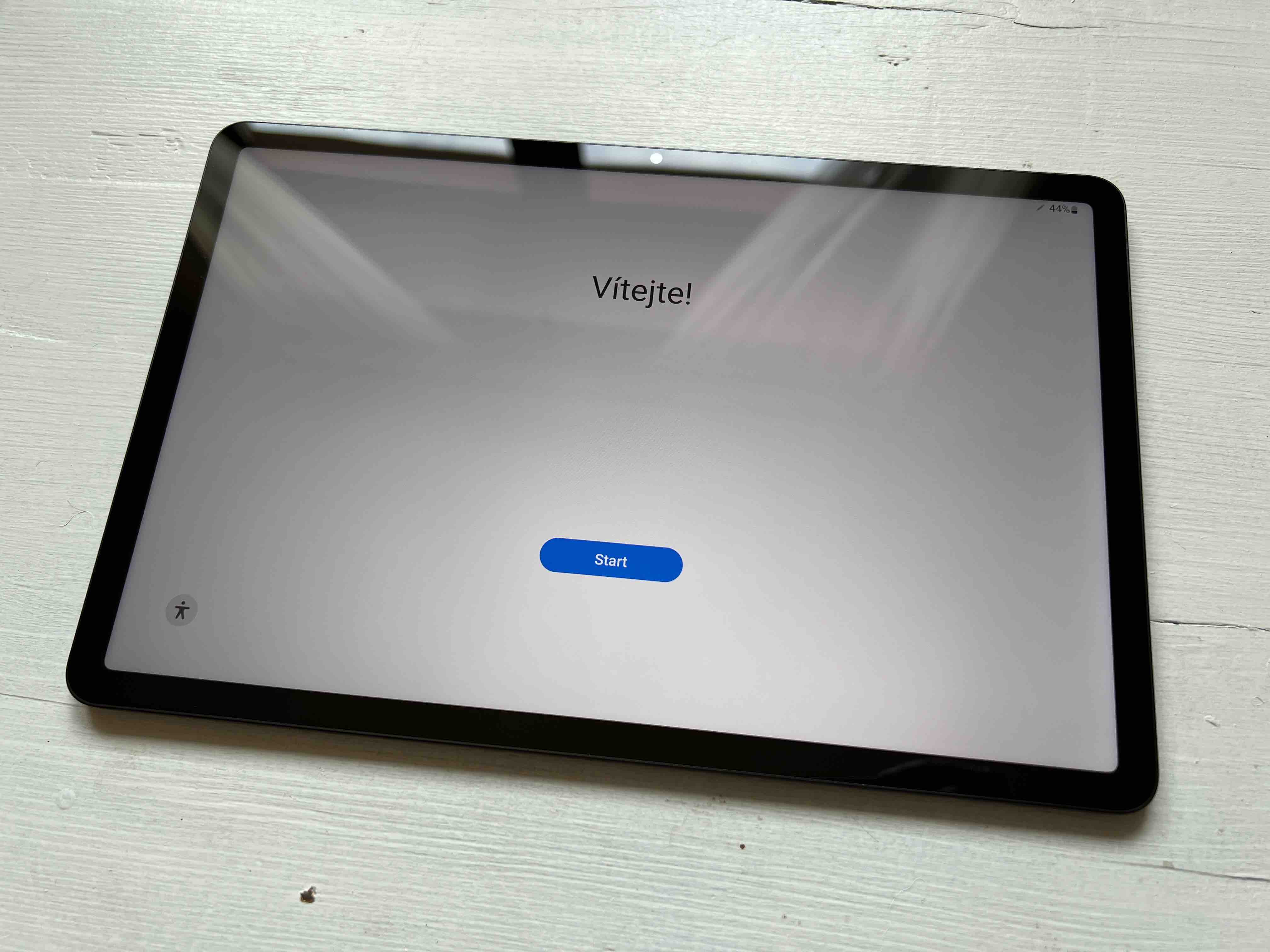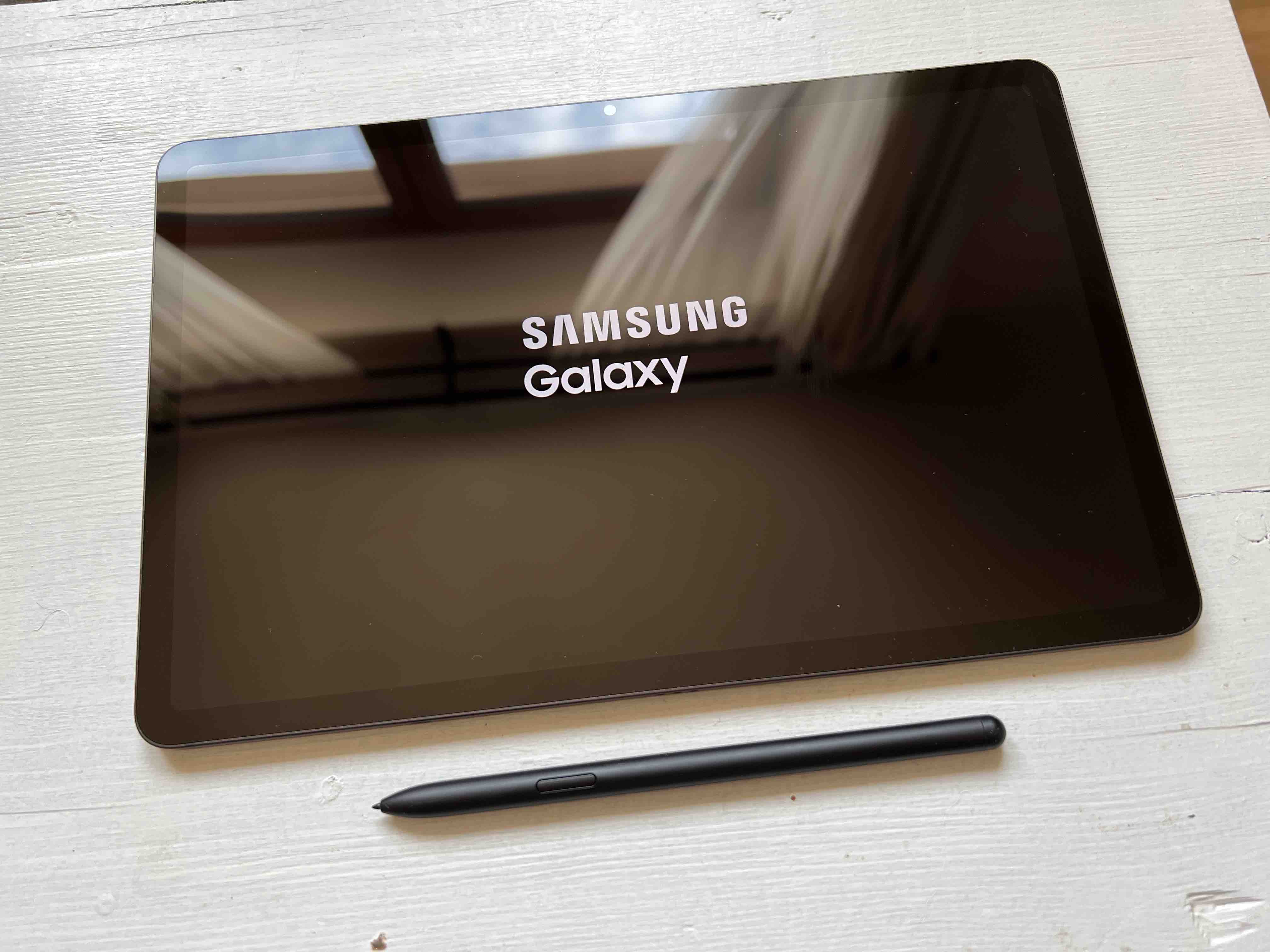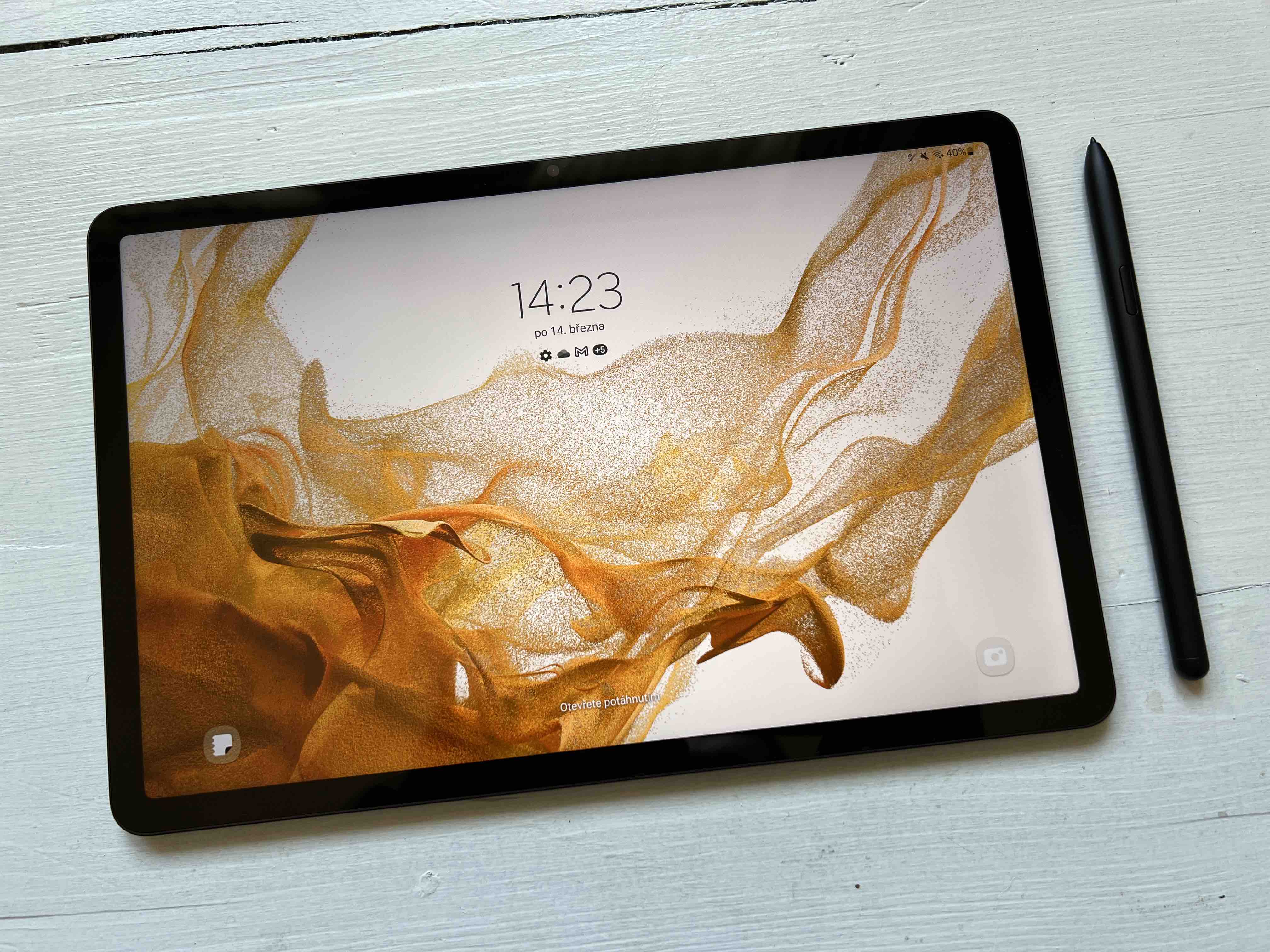Of course, comparative tests do not tell exactly how the device will actually perform in normal operation. But they can provide useful comparisons of similar devices. Geekbench, one of the most popular cross-platform benchmarking apps, has announced that it is removing its top-of-the-line results due to Samsung's recent debacle Galaxy from the last few years.
This unfortunate case for Samsung revolves around the Game Optimizing Service (GOS). Her task is indeed god-like, because she tries to balance the performance, temperature and endurance of the device in an ideal balance. The problem is that it only does so for selected titles, especially games, in which the user will not achieve the performance that the device has. In contrast, it no longer slows down the performance of benchmark applications, which simply measure a higher score and thus the devices look better compared to the competition.
You could be interested in
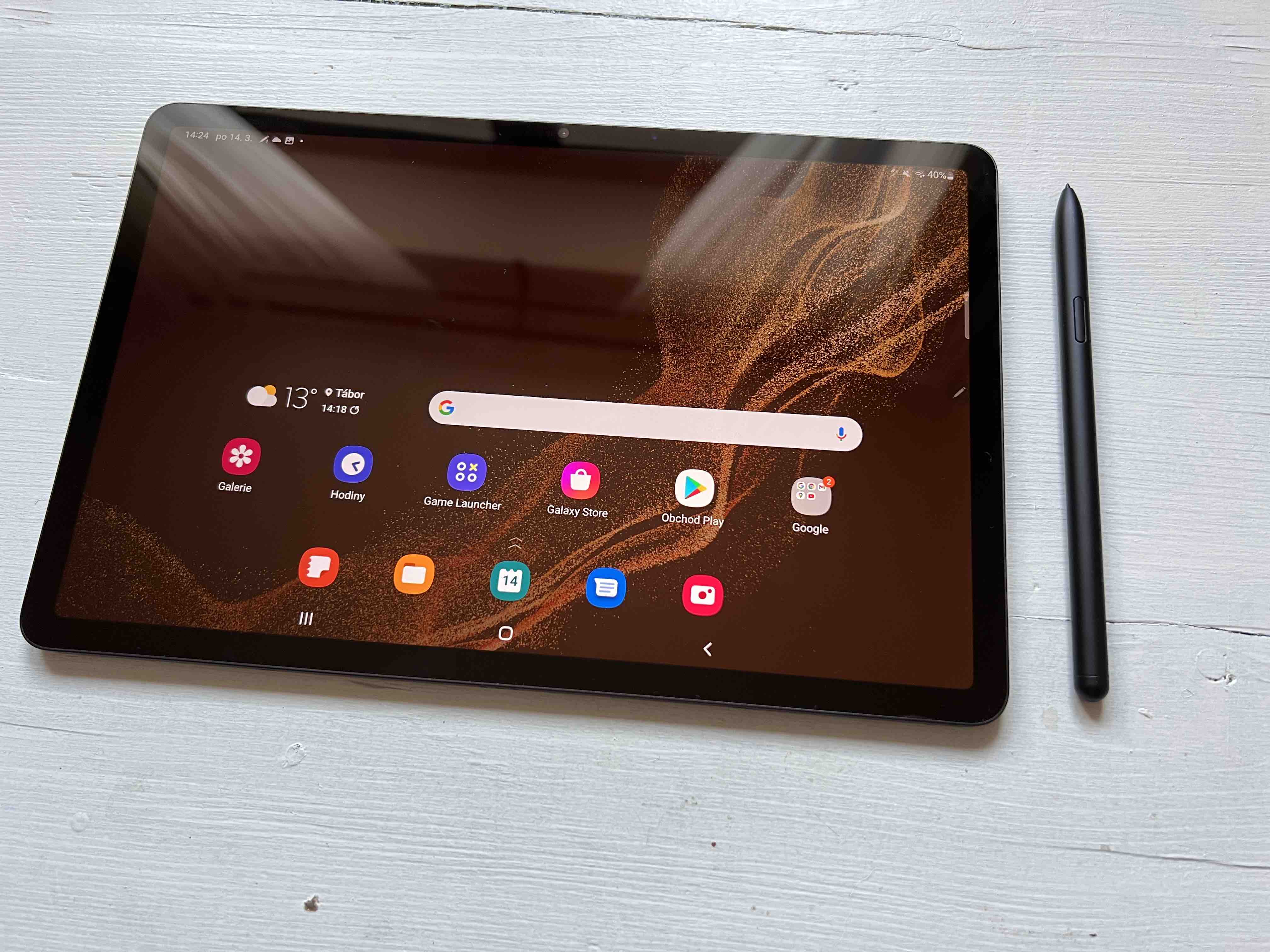
Two sides of a coin
You can have several opinions on the whole matter, where you can condemn Samsung for this behavior, or on the contrary you can stand on its side. After all, he was trying to make your device experience better. What is certain, however, is that even so it is a questionable service that the user should be able to define for himself, which he was unable to do from the beginning. However, now the company is releasing an update that offers users more options to choose from.
After extensive internal testing we have determined the following Samsung Galaxy handsets use GOS:
- Samsung Galaxy S22 (all models)
- Samsung Galaxy S21 (all models)
- Samsung Galaxy S20 (all models)
- Samsung Galaxy S10 (all models)- Geekbench (@geekbench) March 4, 2022
Geekbench, however, sides with the first opinion. It thus removed all Samsung devices from its performance charts Galaxy series S10, S20, S21 and S22 as well as a range of tablets Galaxy Tab S8. He explains this by considering Samsung's behavior as "manipulation of benchmarks". After all, he has already done so in the past with the devices of OnePlus and some others, which tried to manipulate the performance of their devices more or less successfully.
The situation is developing rapidly
Although Geekbench's step is quite logical, it should be mentioned that it removed from the ranking the biggest player in the field of mobile phones, whose results interested the most people around the world. So he didn't have to choose such an aggressive path, but he could only make a note for the given results. After all, the software has a significant impact on everything on the phone, including photos. Even in them, better results can be achieved with worse hardware if the software is better optimized. But it would also be somewhat pointless to impose penalties for this.
There is no dispute that Samsung made a mistake. If it were possible to define the function as a user right from the implementation of GOS into the system, it would be different. But since Samsung is now introducing the update, the whole case essentially loses its meaning, and Geekbench should return those models that it excluded and for which the update is already available. For them, the measured performance is already valid. However, in order to bring back all the discontinued models, Samsung would have to release an update for the S10 series as well. But it's true that who cares about the performance of such an old device now, when everyone just goes for the current flagship line anyway.
It will be interesting to see if Geekbench reacts to this fact at all, or if it includes top-of-the-line devices Galaxy With Samsung, we will have to wait until the next generation.
